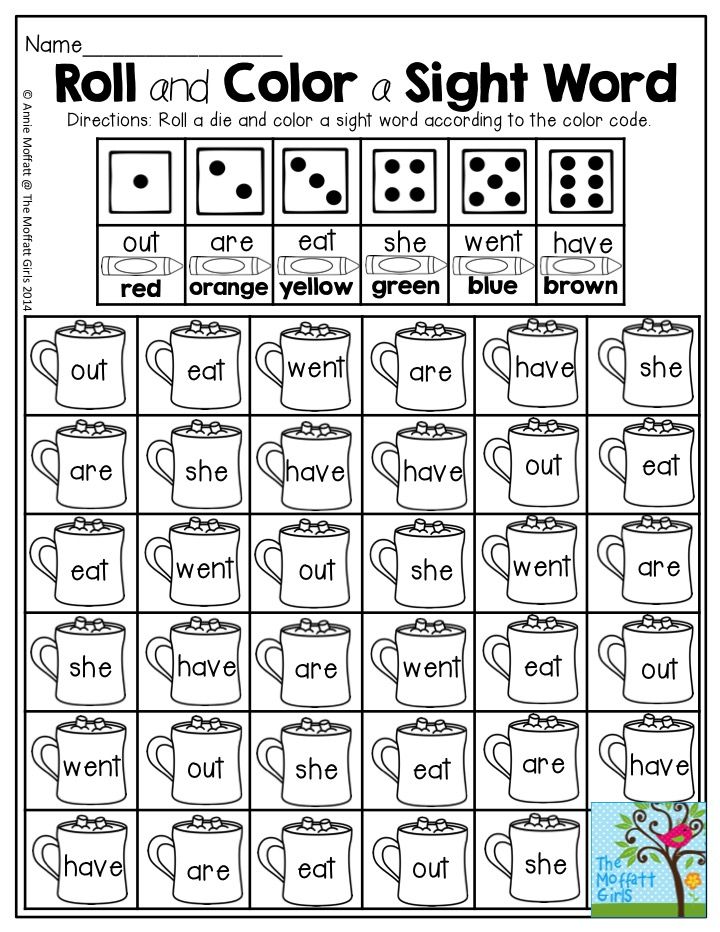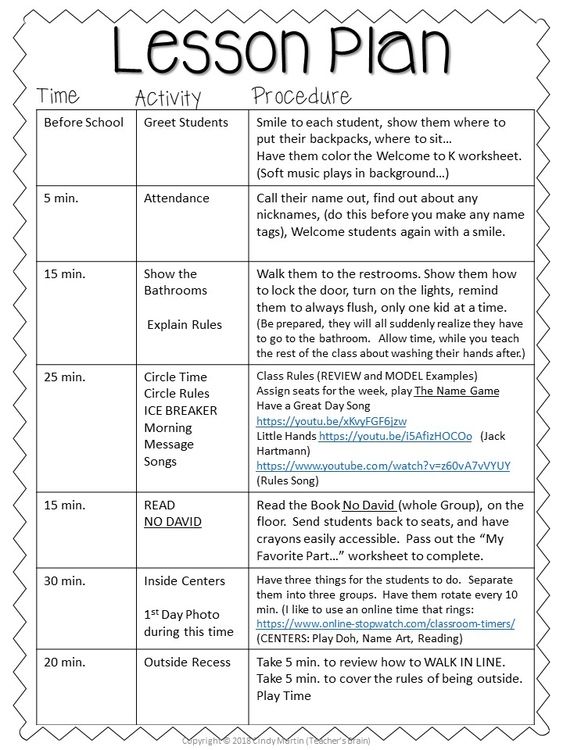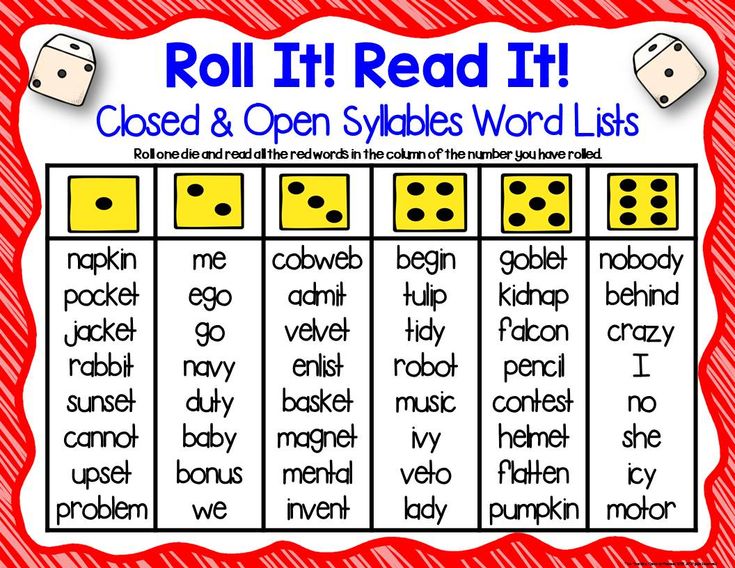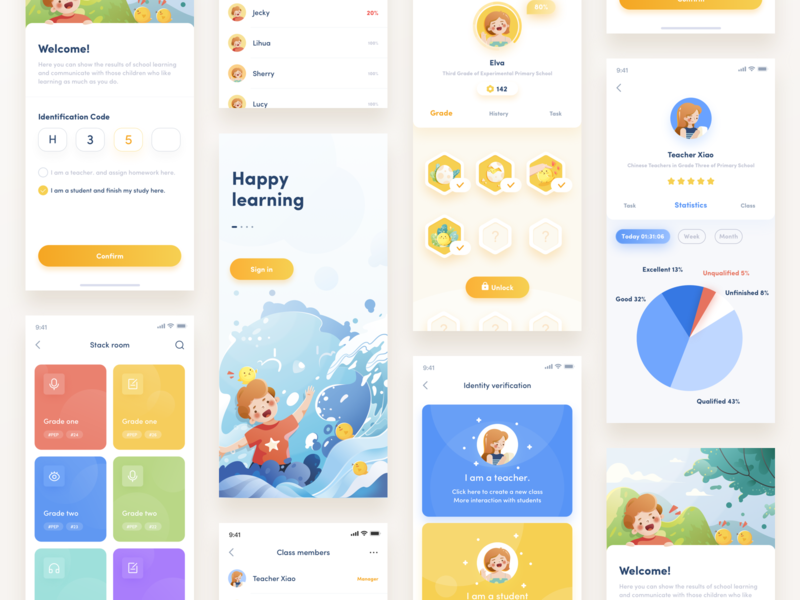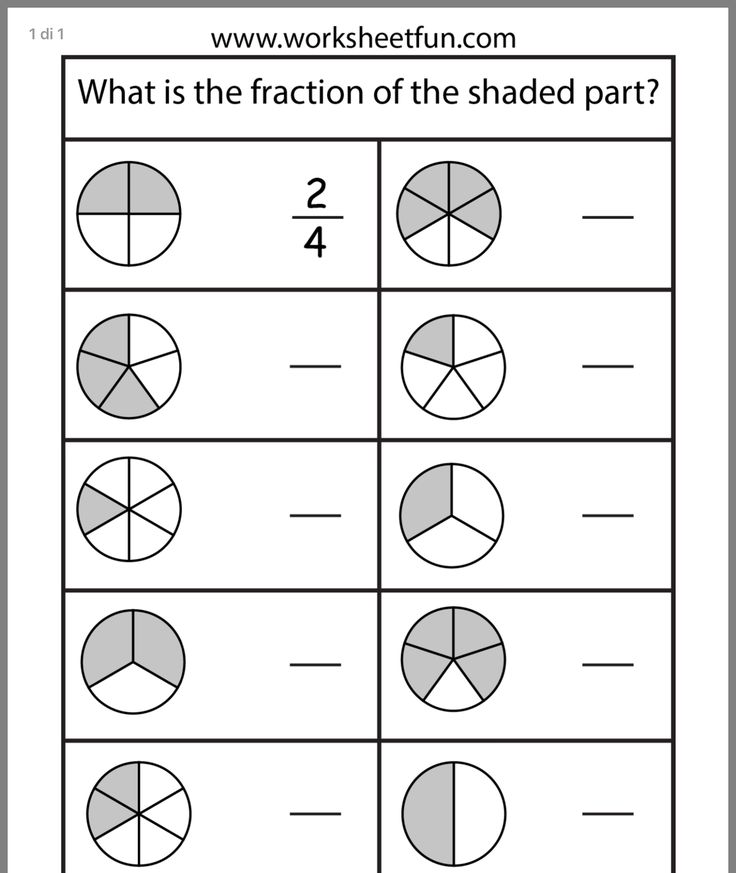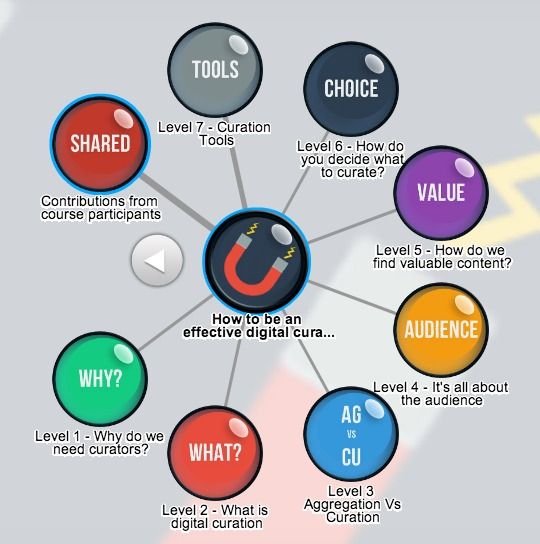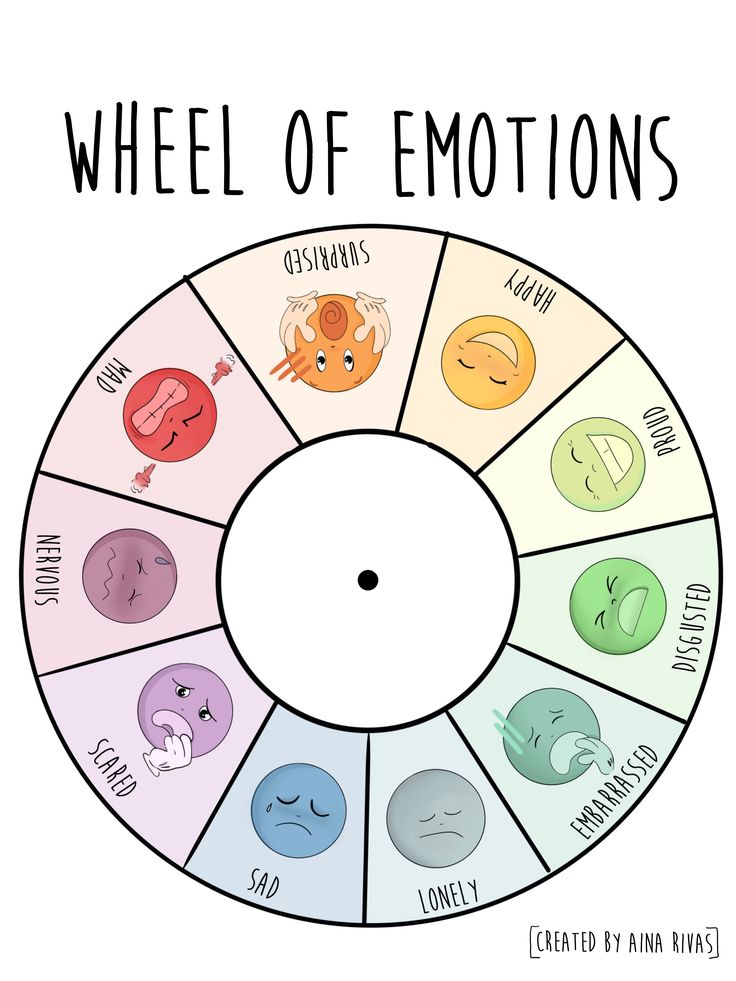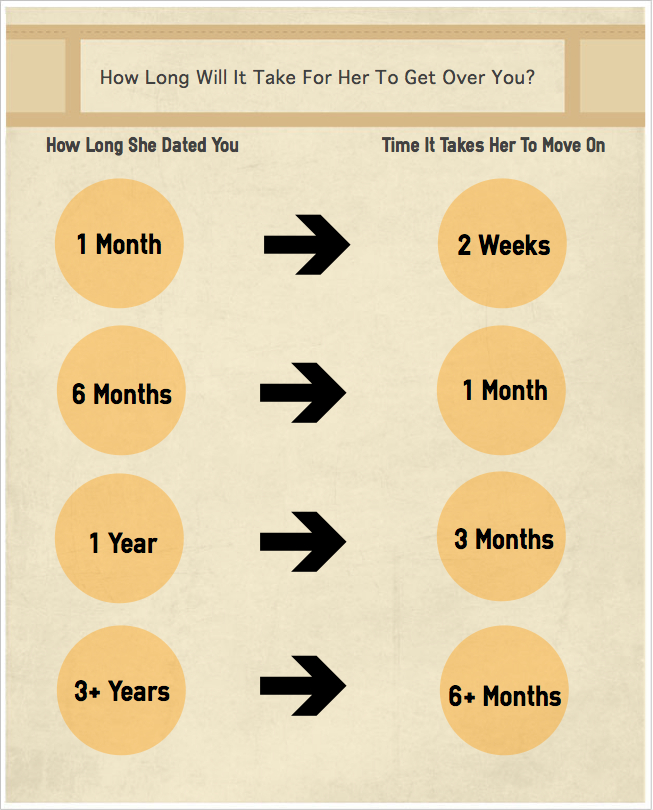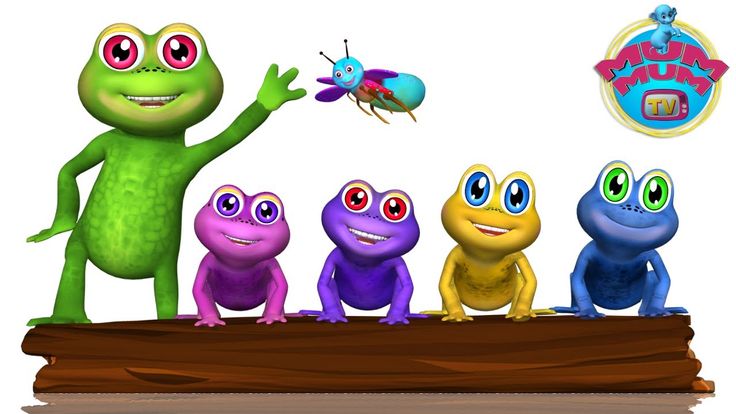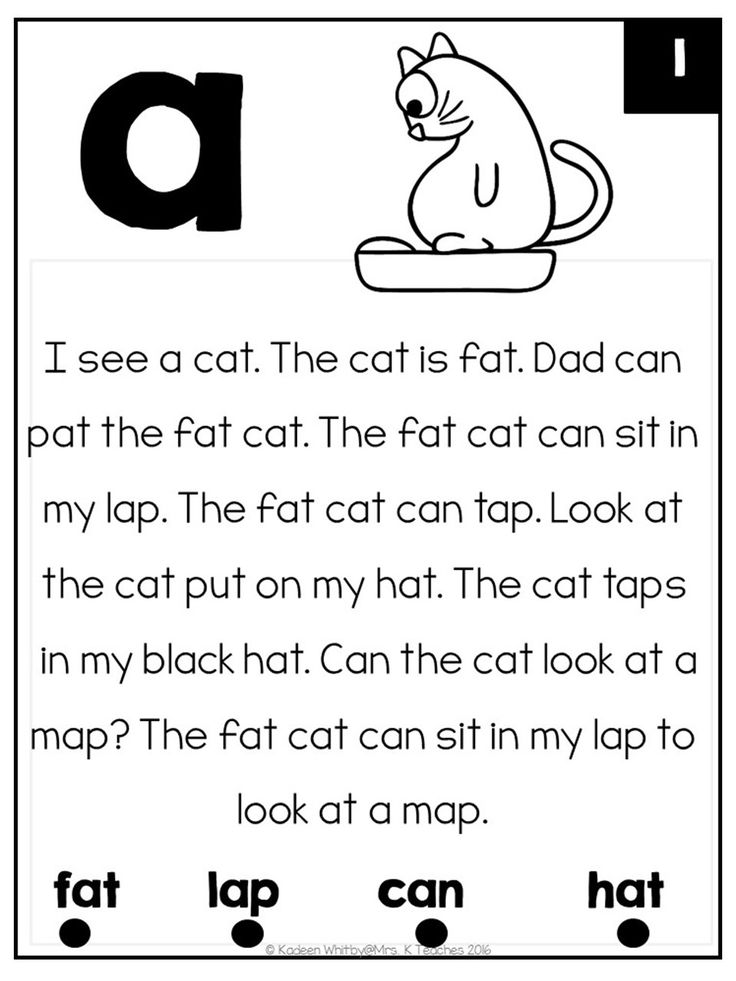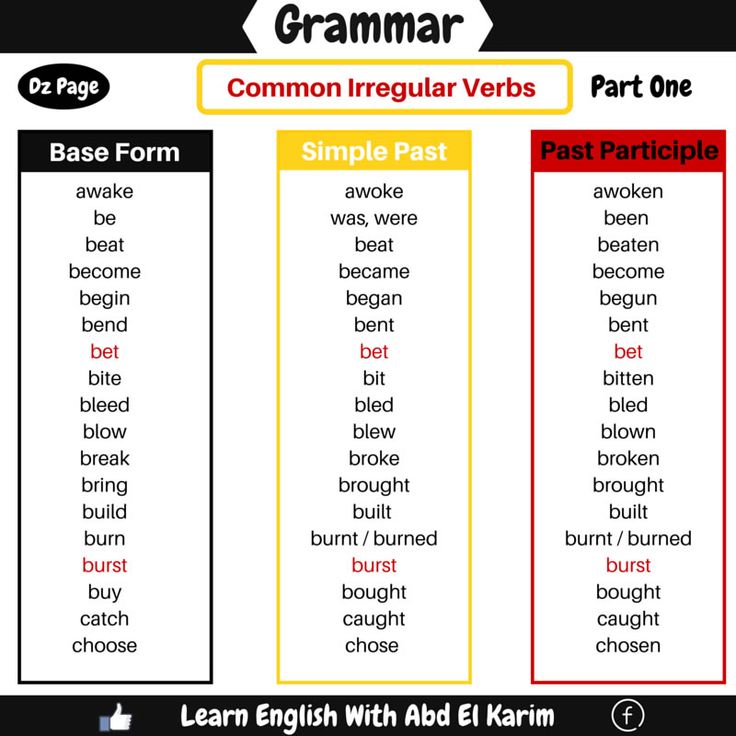Games to play with words
Fun Spoken Word Games You Can Play Anywhere
Playing word games with friends and family can be a lot of fun, but you may not always have access to a chalkboard, a giant pad of paper, or a series of flashcards. That doesn’t mean that games are off the table. Well, at least figuratively, because there are all sorts of fun spoken word games you can literally play anywhere, including off the table.
Whether you’re self-isolating at home or you’re taking a road trip across the country, verbal games can be both entertaining and educational! Go ahead and play in pairs or small groups.
I Spy (With My Little Eye)
While tradition dictates that “I Spy” is played on long car journeys, it’s actually better to play when you’re going to be in one physical place for the duration of the game. You wouldn’t want to lose sight of the object that you spy, right?
Young girl playing game I Spy (With My Little Eye)
The basic rules are that one player is designated as the spy, choosing an object or item clearly within view. For example, let’s say the spy chooses a flower. Then, they’d say, “I spy with my little eye something beginning with F.” The other player or players then try to guess the object. They might ask yes-or-no questions for more information. “Is it blue?”
Other variations include:
I spy with my little eye something that is blue. (color)
I spy with my little eye something that rhymes with floor. (rhyming words)
I spy with my little eye something that is fast. (other characteristic)
20 Questions
In many ways, 20 Questions is very similar to I Spy. The main difference between these conversation games is that you don’t need to actually see the chosen object with 20 Questions. And, as the name clearly indicates, the “guesser” is limited to a total of 20 yes-or-no questions to figure out what the target object is.
Some variations of the game include the final guess as part of the 20 question limit, whereas others say the final guess is in addition to the 20 questions.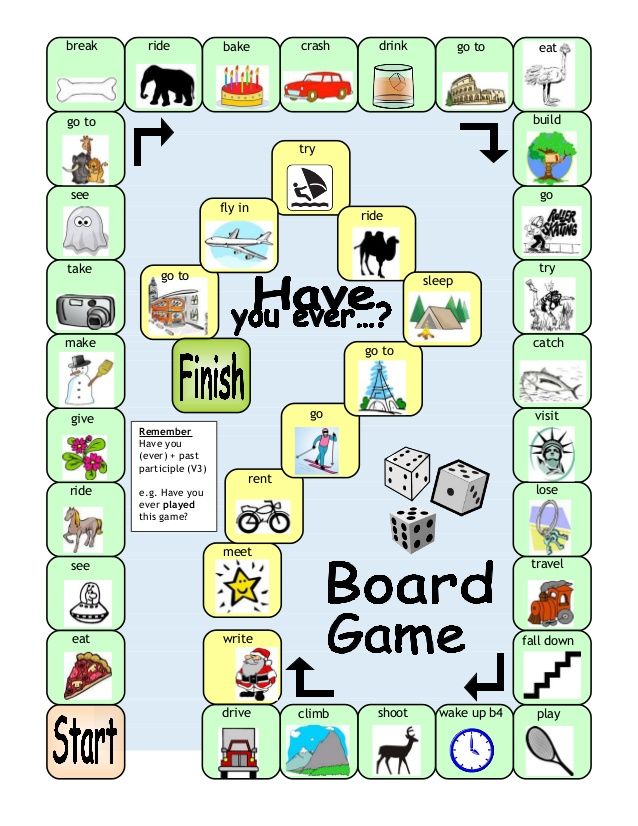 That’s up to you to decide.
That’s up to you to decide.
Charades
Prefer spoken word games that are a little more active? Charades may be more your jam. For this game, you’ll need at least two teams of two players each. One person goes up with a clue and must act out the word, phrase or title without making a single sound. The other player or players on their team then try to guess the word, phrase or title.
Funny how such a popular verbal game involves complete silence from one of the players, right? If you need inspiration coming up with charades clues, YourDictionary has an extensive charades words list for kids to get you started.
True Story
How good are you at telling a lie and sticking with it? One player describes, in a single sentence, an experience that they’ve had. This experience might be a true story or it might be made up. The other player or players then have the opportunity to ask follow-up questions, and the storyteller has to respond accordingly.
You can decide on either a time limit (like five minutes) or a set number of questions (like 10 questions).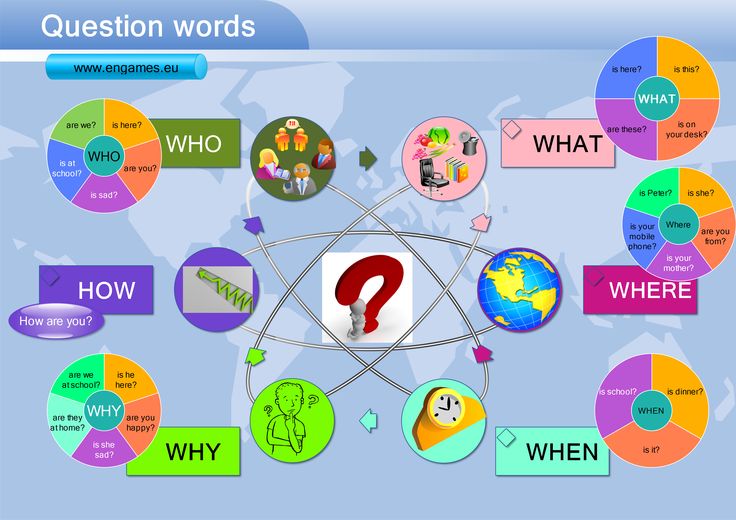 After that, they have to guess whether or not it is a true story.
After that, they have to guess whether or not it is a true story.
Similar conversation games can be less personal but equally entertaining.
Look up an obscure fact on your phone (or one that you already know) instead of telling a story. This can be a common myth or misconception too. The other players ask questions and then they guess whether it’s fact or fiction.
You can also do the same with an obscure word and its definition. Is “emordnilap” a real word? Or did you just make it up?
Sparkle
Want to add a dash of education into the mix? If you’ve got younger children who are learning how to spell (or adults who aren’t very good at spelling), then Sparkle is one of the best spelling word games you can play! It’s best enjoyed with a group of at least about six players, topping out at a typical classroom at around 30 students.
Players sit around in a circle.
The person in charge chooses a word and calls it out.
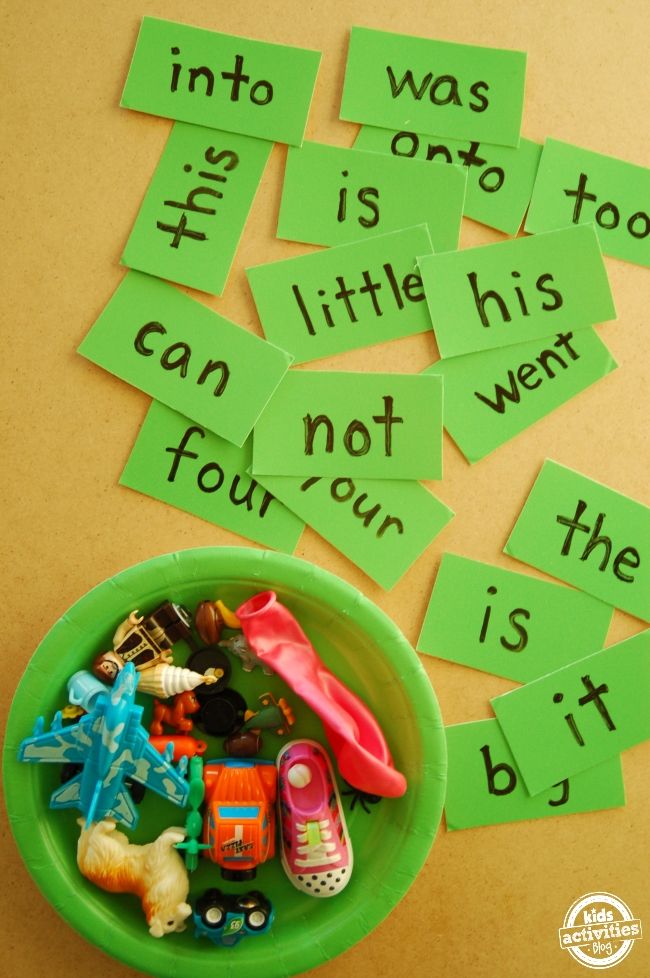
The first person starts spelling it, saying only the first letter.
The next person says the second letter and so on.
The player who says the last letter turns to the next player and says, “Sparkle!” That player is now “out.”
The game continues with a new word with the next player after that.
If anyone suggests a wrong letter along the way, they’re also “out.”
Can your friends spell oxyphenbutazone correctly?
Random Word Game
Many popular vocabulary games, like Boggle and Words With Friends, require a game board or game pieces. But, you can also enjoy verbal games like the Random Word Game to challenge your knowledge and dig deep into your vocabulary. It’s easiest if you sit in a circle to remember whose turn it is.
The first player chooses a word and defines the category. For example, they might say, “The category is wild animals. The first word is tiger.” The second player must then come up with a wild animal that starts with the last letter of “tiger,” like R for “raccoon.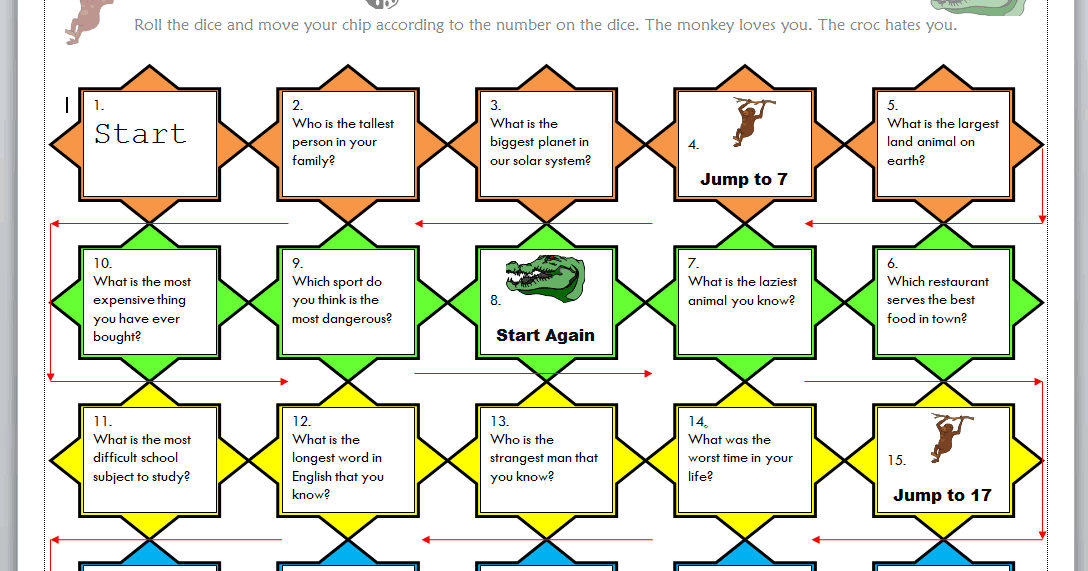 ” The third player must then name a wild animal that starts with the last letter of “raccoon,” like N for “newt.” and so on.
” The third player must then name a wild animal that starts with the last letter of “raccoon,” like N for “newt.” and so on.
Another variation, called the Alphabet Game, involves naming items in the category in alphabetical order. For example, if the category is countries:
The first player might say, “Argentina.”
The second player can then say, “Brazil.”
The third player can say, “Canada,” and so on.
Just hope that you don’t get stuck with harder letters like Q and X!
Common Quality
This verbal game can be enjoyed in pairs or in small groups. The first player starts by naming an object and a quality or characteristic about it. The second player must then name a different object that has the same quality, plus a quality that this new object has. Play goes back and forth (or around, with multiple players).
For example:
Player 1: Daffodils are yellow.
Player 2: Bumblebees are also yellow.
 And they’re fuzzy.
And they’re fuzzy.Player 1: Teddy bears are also fuzzy. And they’re loved by children.
Player 2: Candy is also loved by children. And they’re sweet.
And so on...
For an added challenge, you might choose to restrict the objects to a certain category, like “plants” or “household objects.”
Fun With Words With Friends
Board games and mobile games can be a lot of fun. And it helps when you’ve got a clever word-finding cheat tool to help with top scores too. But, even if all you’ve got is your voice, your imagination, and a friend or three, you can still have a terrific time with conversational games and verbal games. And that’s the word. I have spoken.
Michael Kwan is a professional writer and editor with over 14 years of experience. Fueled by caffeine and WiFi, he's no stranger to word games and dad jokes.
Free Word Games | Online Word Games
Search
From word search games to puzzle games, we have you covered with our collection of free online word games
Hurdle
Hurdle
Enjoy this popular word guessing game with a twist – play Hurdle today
Arkadium Word Wipe Game
Arkadium Word Wipe Game
Form as many words as you can to clear the rows and advance.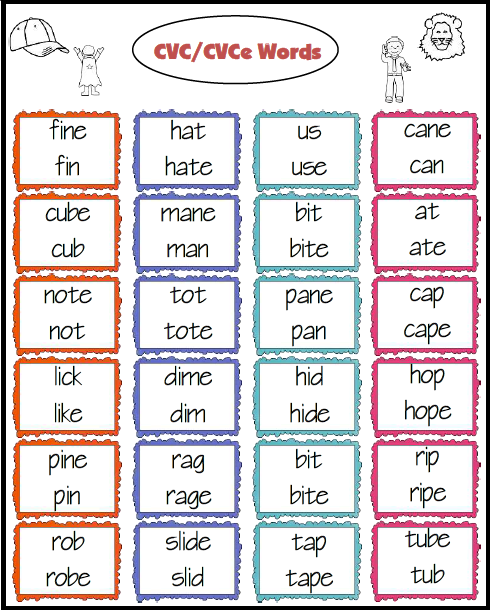
Free Online Daily Crossword Puzzle
Free Online Daily Crossword Puzzle
A crossword a day is good for the brain. Come back daily!
Outspell Spelling Game
Outspell Spelling Game
A Scrabble-esque game with plenty of fun, added twists.
Stan Newman's Easy Crossword
Stan Newman's Easy Crossword
Relax with quick daily crossword puzzles that are easy to solve.
The Daily medium Crossword
The Daily medium Crossword
Strengthen your crossword solving skills with The Daily medium Crossword
Daily Commuter Crossword
Daily Commuter Crossword
Stuck on the train? Time flies with a daily crossword!
Free Daily Word Search Puzzle
Free Daily Word Search Puzzle
How sharp is your eye? This fun word search is updated daily!
Thomas Joseph Crossword
Thomas Joseph Crossword
This crossword will have you coming back for more!
Scramble Words Game
Scramble Words Game
Unscramble the letters to create words!
Sheffer Crossword
Sheffer Crossword
It's a favorite among crossword fans for a reason.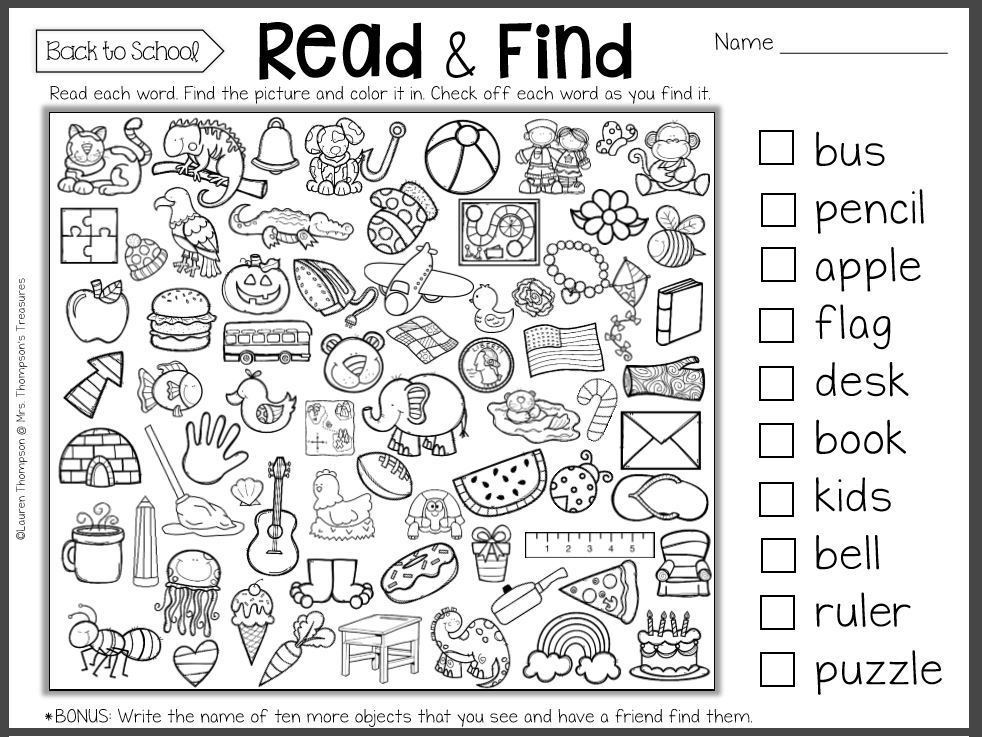 Try now!
Try now!
Stan Newman's Daily Crossword
Stan Newman's Daily Crossword
Enjoy new puzzles from Newsday's renowned crossword editor, Stan Newman.
Arkadium's Codeword
Arkadium's Codeword
Crack the code of numbers and letters to decipher the words!
The 2 Minute Mini Crossword
The 2 Minute Mini Crossword
Have just a couple of minutes? This 10-answer crossword is the one for you
Penny Dell Crosswords
Penny Dell Crosswords
An iconic crossword among aficionados - try it yourself!
Free Themed Crossword Puzzles
Free Themed Crossword Puzzles
We love a good theme. This crossword has plenty of them!
Premier Crossword
Premier Crossword
The ultimate challenge for serious crossword fans.
Stan Newman's Hard Crossword
Stan Newman's Hard Crossword
Challenge yourself with these extra difficult crossword puzzles.
Best Daily American Crossword
Best Daily American Crossword
Homegrown, all-American crossword clues!
Mini Crossword
Mini Crossword
Don't have all day? Here's a short and sweet crossword.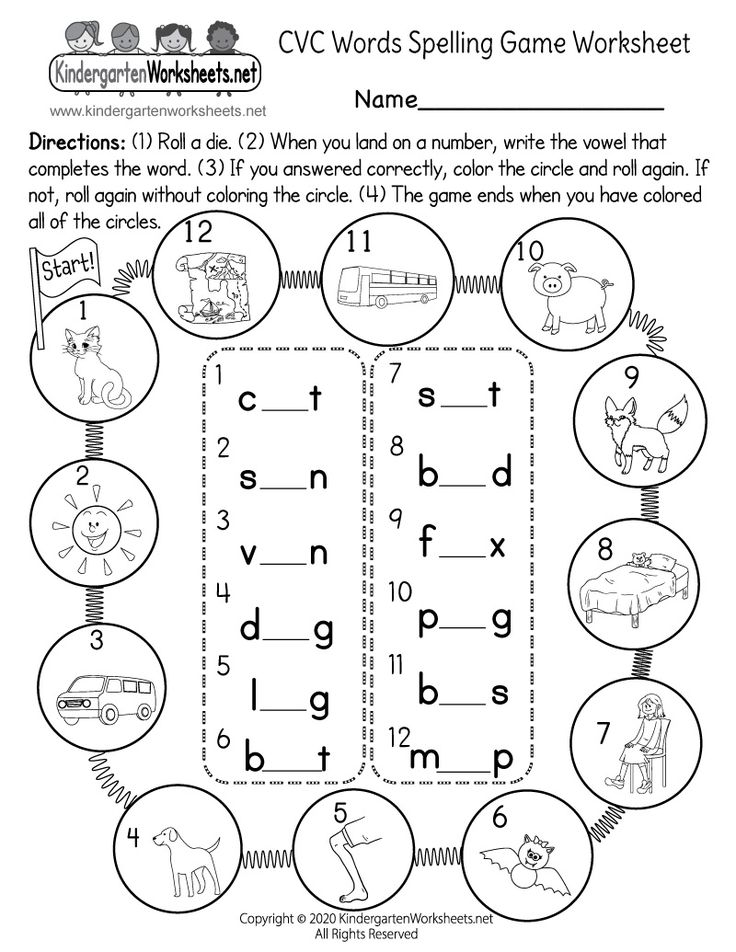
Stan Newman's Sunday Crossword
Stan Newman's Sunday Crossword
Large puzzles from renowned crossword editor, Stan Newman.
Penny Dell Easy Morning Crosswords
Penny Dell Easy Morning Crosswords
Wake up and brighten your day with these stimulating crosswords.
Best Daily Quick Crossword
Best Daily Quick Crossword
Short and sweet crossword puzzles.
Arkadium's Fill Ins
Arkadium's Fill Ins
Fill the grid with words in this relaxing deduction puzzle!
Spellbound
Spellbound
Form as many words as you can with the letters you're given!
Penny Dell Brain Booster Crosswords
Penny Dell Brain Booster Crosswords
Stimulate your brain with these tough crossword puzzles.
Penny Dell Sunday Crossword
Penny Dell Sunday Crossword
Your weekly fix of the classic crossword puzzle.
Penny Dell Word Search
Penny Dell Word Search
Only the best word search puzzles!
Wander Words
Wander Words
A though-provoking cross between a word search and scramble.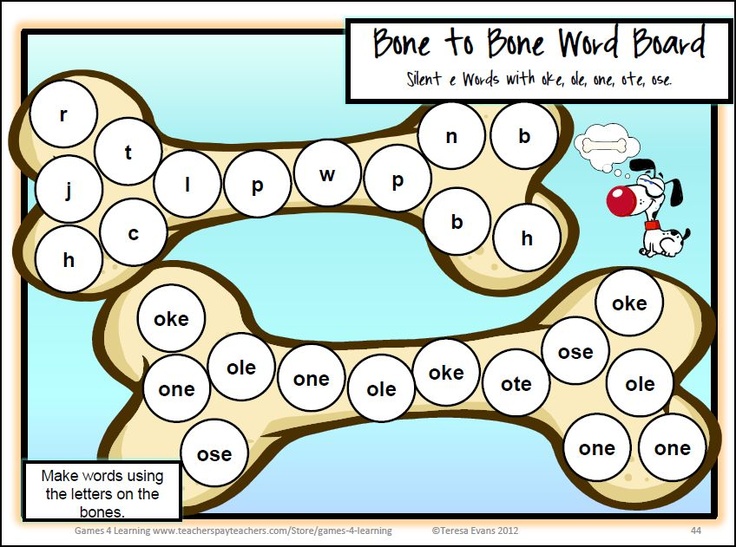
Best Anagram Crossword
Best Anagram Crossword
In this variation, each clue is an anagram of the actual solution.
Best Daily Cryptic Crossword
Best Daily Cryptic Crossword
A daily crossword puzzle with an added layer of complexity!
PennyDell Fab FILL-INS™
PennyDell Fab FILL-INS™
We give you the words, you fill in the grid!
Best Polymath Crossword by Cincinnus
Best Polymath Crossword by Cincinnus
Test your trivia knowledge with this unique crossword!
Best Cryptic Crossword by Orlando
Best Cryptic Crossword by Orlando
Look no further for the ultimate brain-challenging fun.
Best Cryptic Crossword by Cincinnus
Best Cryptic Crossword by Cincinnus
Cryptic crossword fans can't get enough of these.
Word games and vocabulary puzzles are among the best ways to de-stress and exercise your brain. They test the depth of your vocabulary and your ability to think logically.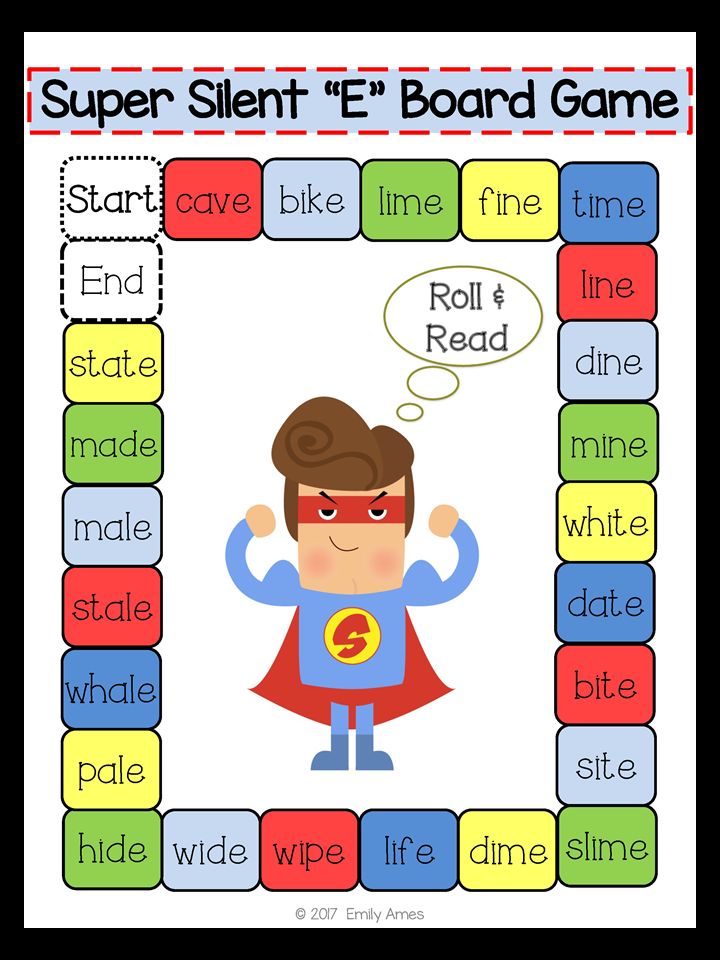 Hidden word games, such as word searches can be great for players who are looking to keep a sharp eye for patterns.
Hidden word games, such as word searches can be great for players who are looking to keep a sharp eye for patterns.
You can keep your mind moving with Arkadium's free online word games. They're fun, educational, rewarding, and completely free to play!
Play our free online word games now and put your vocabulary to the test every day!
What Are Some Good Word Games?
Word games are some of the most popular puzzle activities that Arkadium offers. Here is a list of our favorite free word games you can play online.
Crosswords
Crosswords are fun word puzzles that keep you entertained for hours on end! You fill in grids by solving challenging clues of varying difficulty.
Fun fact: crosswords are one of the most popular word games around. The New York Times crossword has 400,000 thousand subscribers playing daily!
There are a variety of different crosswords you can play online. Try Arkadium's Free Online Daily Crossword Puzzle now!
You can play today's word puzzle and also try games from previous days by searching through the archives.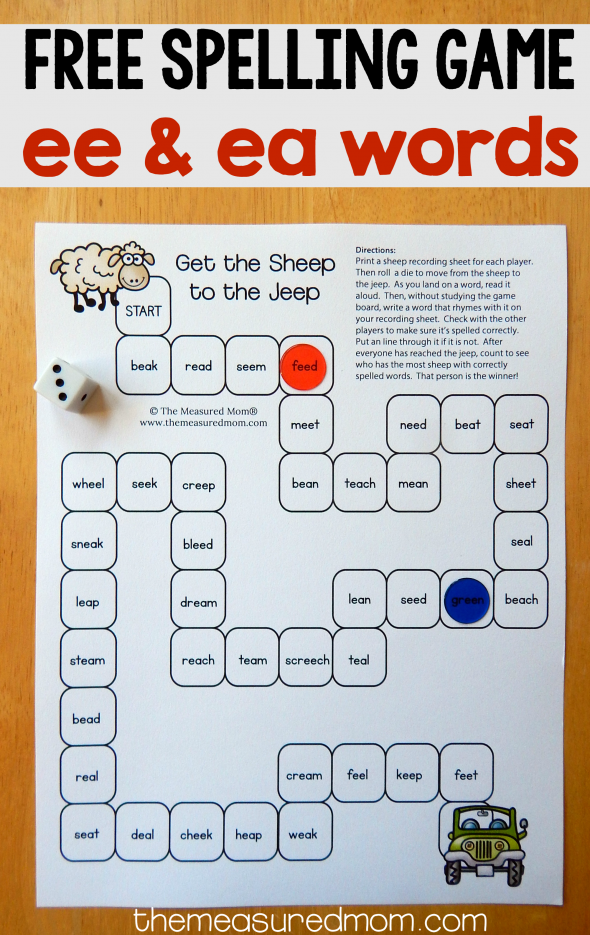
Word Searches
Word searches are a great way for beginners to enjoy the wonders of word puzzles. Challenge your observational skills and decipher a grid of letters into thematic words.
Are you a word search rookie? Arkadium has a selection of fun word searches to sink your teeth into. Try our Free Daily Word Search Puzzle or Penny Dell Word Search now and see how much fun they are. Kids often love word searches due to the challenging nature of the game, despite the simple rules for playing.
Tile Games
Word tile games are a fantastic way to focus your competitive streak and train your brain.
Beat the competition with obscure words, think tactically, and enrich your mind by playing tile games online.
Tile games are some of the most popular word puzzles here at Arkadium. Try Spellbound and Word Wipe for a real brain training experience! These are among the best word games available.
3 Ways Word Puzzles Are Good for Your Brain
People like to play word games because they're a simple way to exercise your brain.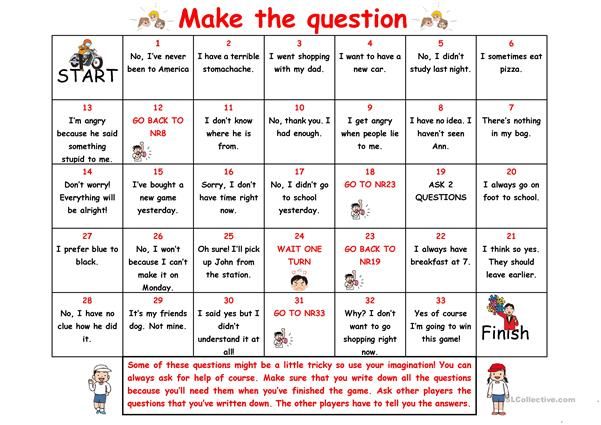 Breaking down problems and coming up with solutions is one of the most engaging ways to have fun online.
Breaking down problems and coming up with solutions is one of the most engaging ways to have fun online.
Here are three examples of how playing word games online is great for your brain:
Word Puzzles Can Help Improve Your Memory
You can potentially develop better long and short-term memory by regularly playing word games online. Because word games challenge your mind to identify words, patterns, and spontaneously recall information, they are unique in their ability to sharpen your wits and bolster your memory. Something as simple as a daily crossword can help ensure your mind ages well.
Word Games Help With Your Spelling
Word games are a fun way to help you learn the correct spellings of tricky words, improve your ability to utilize word play, and enable you to avoid losing track at a particularly tricky text twist.
Extend Your Vocabulary With Tricky Word Puzzles
While playing word games you're likely come across new words and phrases. Soon you'll be stringing together impressive new sentences at work and at home.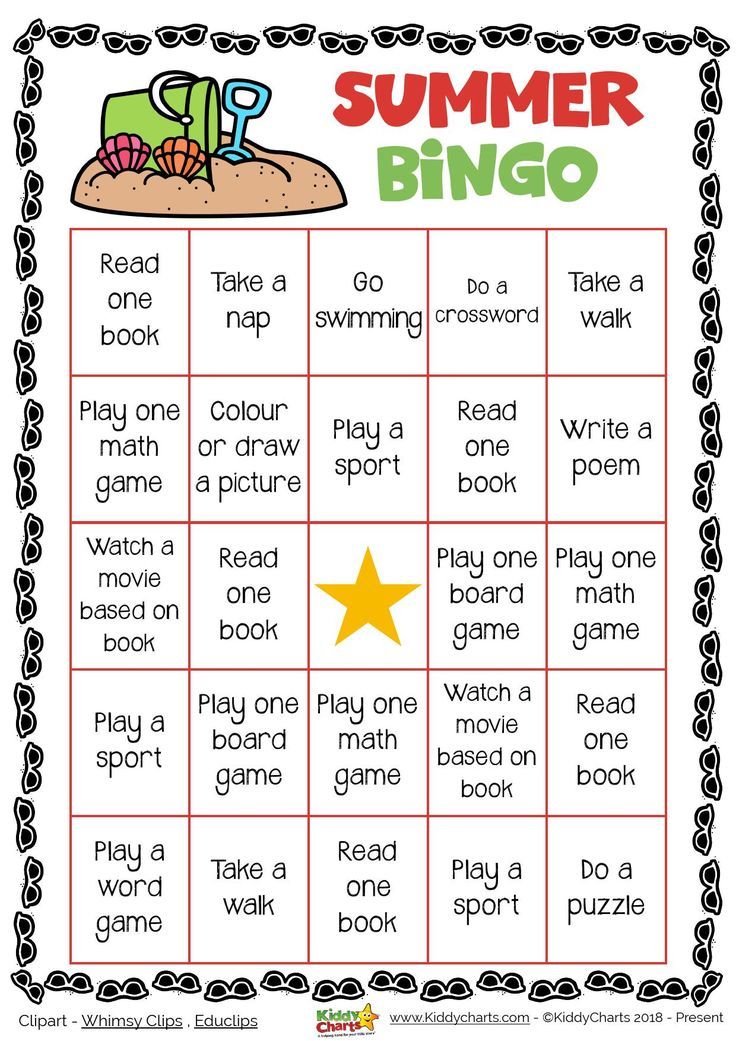 You'll also benefit from practicing these at home because puzzles build upon your prior knowledge to help you grow stronger vocabulary skills, much like hitting the gym does for muscles.
You'll also benefit from practicing these at home because puzzles build upon your prior knowledge to help you grow stronger vocabulary skills, much like hitting the gym does for muscles.
Need a game to train your brain? Keep your mind sharp and play free word games at Arkadium to enhance your problem-solving skills and verbal fluency! Playing word puzzle games ensures you're prepared with much more than a fighting chance. You can conquer any puzzle or vocabulary addition before you if you’ve committed to regular practice.
3 Tips to Solve Word Puzzles
Struggling to solve a word puzzle? Become a confident problem solver with these top word puzzle game tips. These aren’t specific to any one type of word puzzle game, so feel free to apply them to all types of games.
Read the Problem Through Twice
Word puzzles are tough to solve if you don't fully understand the question. Particularly when solving crossword puzzles, it's vital to read the question at least twice.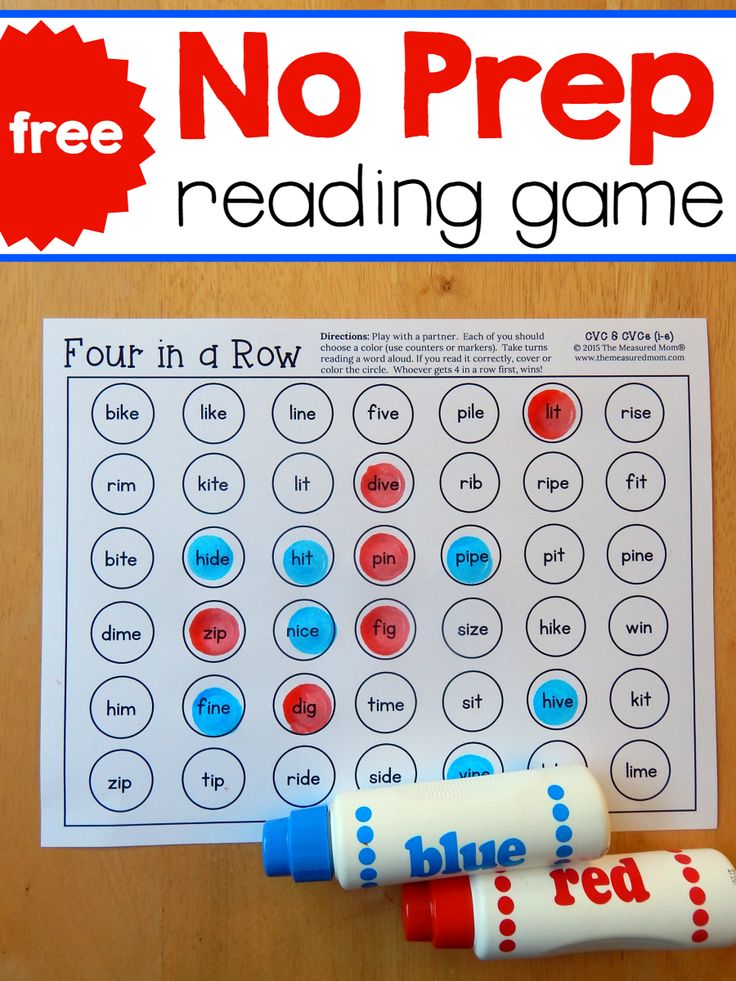 A simple error such as misunderstanding the part of speech that an answer will be in can cost you several minutes, wherein you must resolve several parts of the puzzle.
A simple error such as misunderstanding the part of speech that an answer will be in can cost you several minutes, wherein you must resolve several parts of the puzzle.
Whether you're facing a cryptic clue or anything similar, read the problem through twice to make sure you haven't missed a detail.
Keep Practicing Word Problems
Word games and puzzles are tough to master, so don’t focus on overnight success. Instead, invest your efforts in learning new words, expanding your vocabulary skills, and conversing with others, such as children, spouses, and colleagues in order to create long-term success.
To become a puzzle-solving master you need to put in a lot of practice, so play word puzzles to your heart's content as you journey toward a bright tomorrow.
You'll soon notice patterns and similarities that help you solve even the most difficult word games.
Search for Multiple Words
Multitasking can be difficult. But when it comes to word puzzles you must bring your A-game.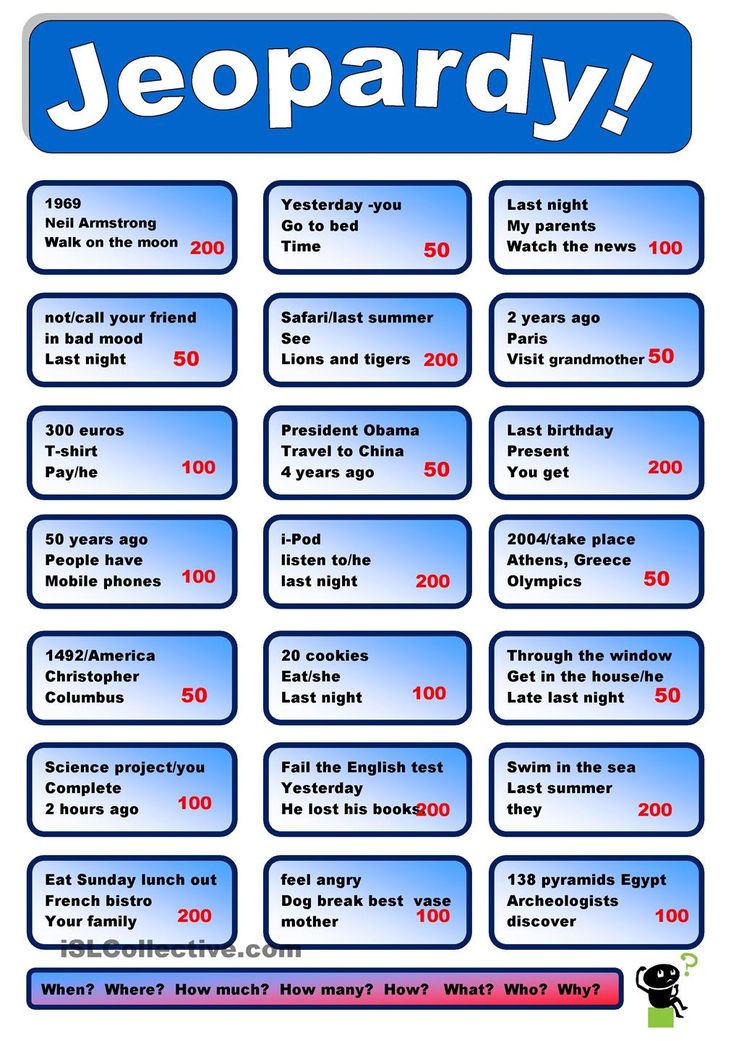 when you scan for multiple word patterns at once, you're able to identify a bulk of word list in a short period of time, then spend your remaining time seeking out the few particularly difficult words, such as those which have been spelled in reverse or listed diagonally.
when you scan for multiple word patterns at once, you're able to identify a bulk of word list in a short period of time, then spend your remaining time seeking out the few particularly difficult words, such as those which have been spelled in reverse or listed diagonally.
Don't get bogged down trying to solve one clue or question. Why? Because there are often multiple tasks to manage. Hints may also be available for particularly troublesome word puzzle elements. Because multiple difficulty levels are available, you can find the right setting to kick off your journey.
So look at each task before starting, then focus on the easy ones first and let your subconscious do the hard thinking for the rest.
Think you're ready for a few challenging word puzzles? Test these tips with Arkadium's vast selection of free online word games. Our site even has classic word puzzles such as Hangman, Word Collect, and Swipe. Generally, word games aren’t constrained by time limits, but some allow you to race against the clock in order to keep your motivation up.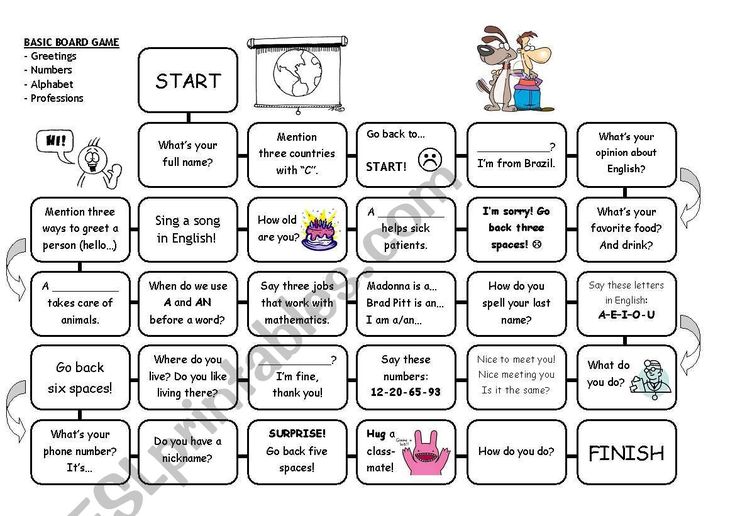
Arkadium Has the Best Free Online Word Games
Do you love word games? If so, you're in the right place. Our game library has enough free word games and daily word search games to keep you busy for hours.
Check out Word Wipe and word connect, two of our most popular word search games.
To play, you must race against the clock, forming as many words as possible to advance through the levels and rack up points.
Looking for an online version of scrabble? Try our popular Outspell game. Or have a look at Spellbound, where you compete against the computer, taking turns to build words. Both are great for playing on your desktop computer or on iPad or Android tablets.
If you're looking for something with a slower pace, we have several different word search games and crossword puzzles.
No matter what type of classic word game you're looking for, Arkadium has you covered!
Top 10 word games with children • Ursa Major School of Parenthood
The game is for joy.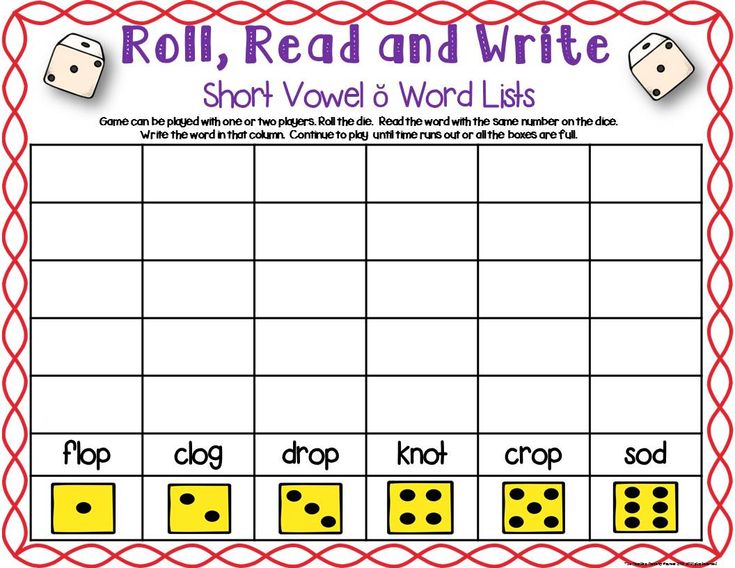 And the game that pleases, in itself, often provokes the development of the child much more than a specially organized educational game. Zhenya Katz tells how to play with letters and words to make it fun.
And the game that pleases, in itself, often provokes the development of the child much more than a specially organized educational game. Zhenya Katz tells how to play with letters and words to make it fun.
Riddles
Very many games that develop verbal or sound thinking are oral. You can think of a certain object, but answer the question only “yes” or “no”. Let's say I guessed what is on my table. And the child starts asking:
− Is it big?
I say:
− No.
− Is it larger than a glass?
- No.
− Is it square?
- Almost.
− Is it iron?
- No.
− Is it wooden?
- No.
− Is it rubber?
− Yes.
− Is it black?
- No.
− Is it white?
− Yes.
− Is that an eraser?
− Yes, it's an eraser. You guessed it, well done. Now you tell me, and I'll ask.
You can guess some simple things and suddenly it turns out that it is not so easy to guess them even for an adult, although the hidden object is completely simple, everyday.
You can make word riddles. But not classical, folk, which everyone knows and which are printed in collections: a girl is sitting in a dungeon, and a scythe is on the street. Modern children have not seen how carrots grow, so they cannot guess what kind of scythe it is on the street, why the girl is sitting in a dungeon and why this has to do with carrots. That is, they are ready to learn both this text and this answer. But they cannot correlate, they did not see it, this is not an easy metaphor.
By riddles, I mean something completely different. You can describe an object by naming several of its features, giving a definition. For example, a beast that meows.
- I thought of a striped beast that eats grass.
Child says:
− Tiger?
- Not a tiger. The tiger does not eat grass. And this beast also has hooves and a mane.
− Aaah, a horse!
− Striped!
Or I can say:
− Yes, only the name of the beast begins with the letter "z".
- Striped horse on the "z" .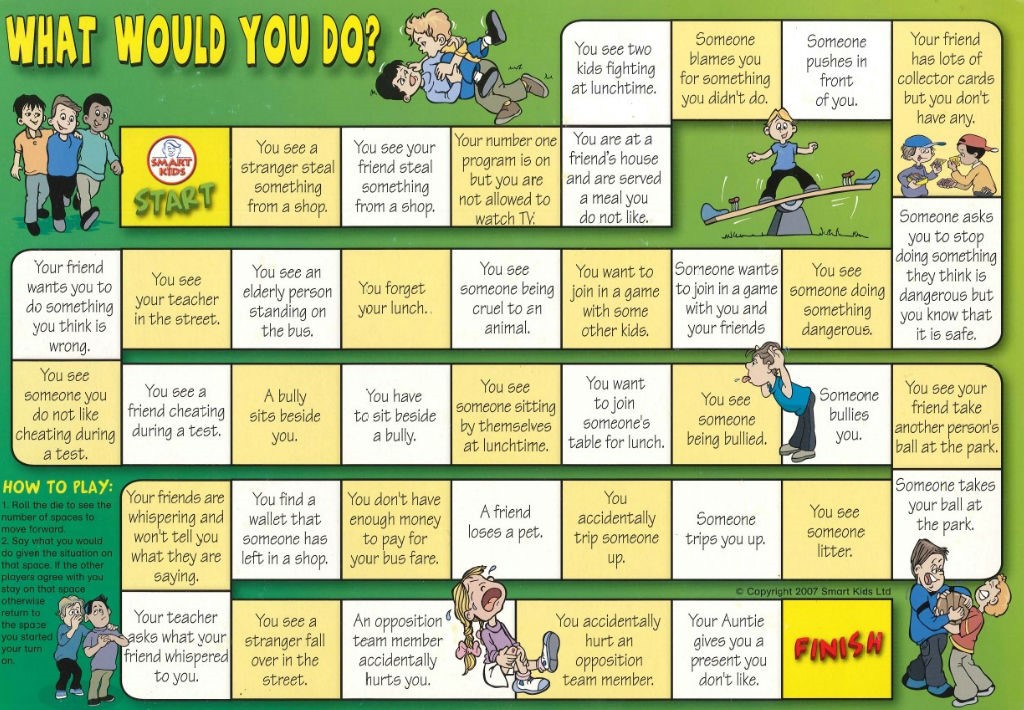 .. Aaah, a zebra!
.. Aaah, a zebra!
Or I can say:
- Sour, yellow and oval.
Child:
− Oh, I know it's a fruit.
− Yes, fruit. Which one then? It is also put in tea.
− Yeah, yellow, lemon!
Or:
- Red, round, put in a salad.
I could mean a tomato, and the child says, "Radish." Great, that's fine too.
It is useful to come up with such riddles. Nothing less useful than guessing.
Tongue twisters and poems
It is not so easy for an adult to pronounce them. Therefore, if you play tongue twisters with your child, start with yourself. Try to say it yourself quickly and quickly and show the child how you practice, how you train, how you learn it.
You can play with some verses: you start, and the child remembers the right word at the end.
− Where did the sparrow have lunch? At the zoo,…
− … animals.
While the child remembers the right word, you can offer funny options.
- Stayed with a rhinoceros, ate bran .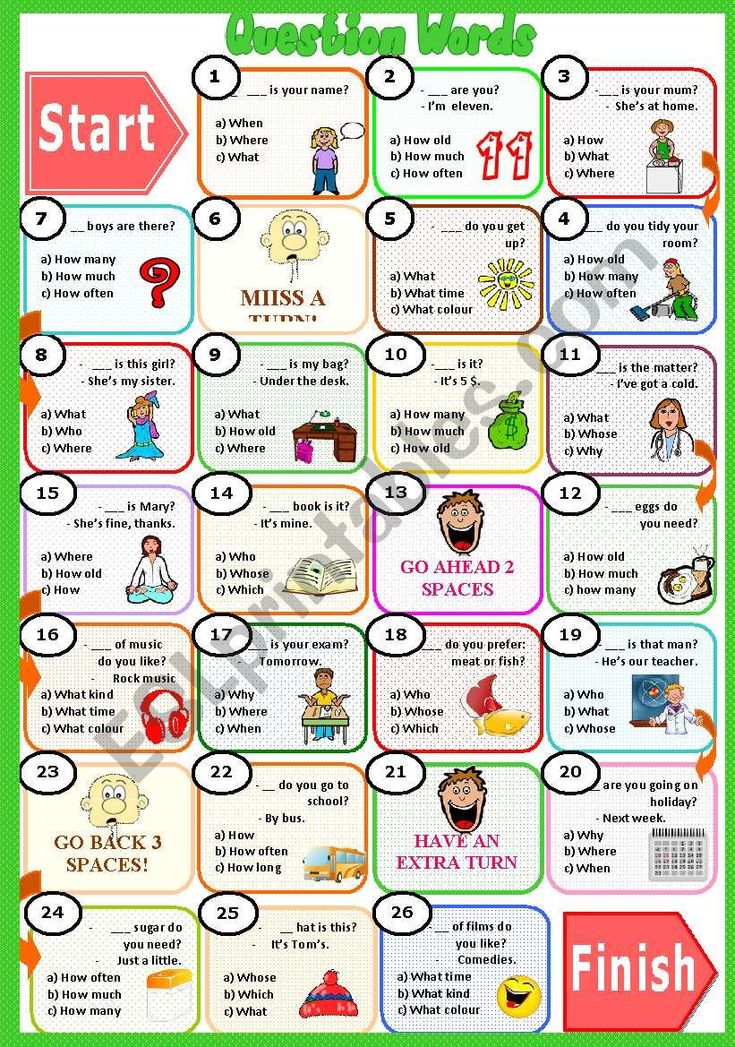 .. the road.
.. the road.
- No, - says the child, - not the road.
− What is it? From the threshold.
− No-no, not from the threshold.
− What?
− Not much!
Extra word
You can also play - name some groups of words and guess who is extra. Significantly, there can be multiple correct answers in this game. You can play it on the go, invite your child to come up with such riddles. But it is important that he explains his decision. For example, I can say: "bus, tractor, trolley bus, tram." Which of these words is redundant? Someone can say that the bus, because it is on the "A", and all the others begin with the letter "T". Someone will say that the tram, because only he goes on rails, and everyone else does not. Someone will say that it is a tractor, because it is not public transport, but everyone else carries people. Do you understand? Any explanation is fine.
It is important that it is also useful for the child to come up with such problems.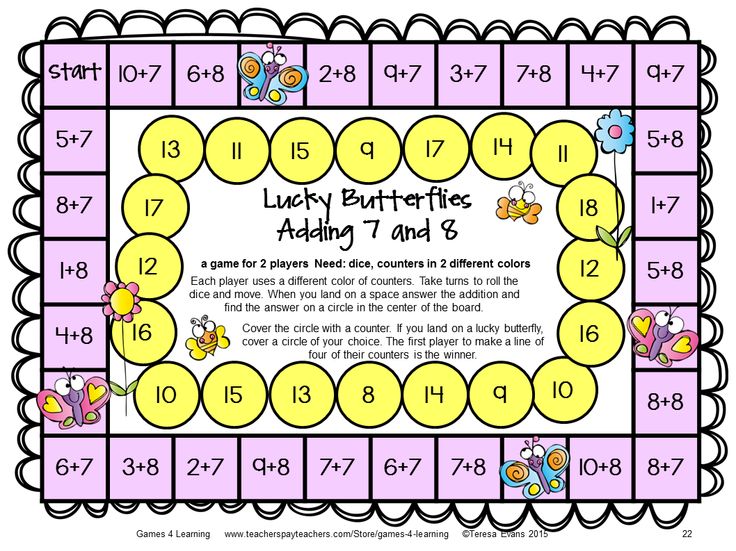 After all, only adults are always the bearers of the ultimate truth: first you guess, then the child. And this is not only a game, but also a process of communication. If you like to invent, then that's great.
After all, only adults are always the bearers of the ultimate truth: first you guess, then the child. And this is not only a game, but also a process of communication. If you like to invent, then that's great.
Snowball
There is such a wonderful game "Snowball". It is both verbal and developing memory. One says:
- Cat.
Second:
− Cat, dog.
Third:
− Cat, dog, hare.
Fourth:
− Cat, dog, hare, tiger.
Any words can be spoken. There is also another version of this game. Let's say the first one says:
- I'm going camping and I'm taking a spoon with me.
Second:
− I am going camping and I am taking a spoon and a bowl with me.
And so on. Everyone adds their own. But at the end, not at the beginning. That is, initially he must remember all the words that were said before him, then add his own.
When we play with a group of children, I suggest not only naming the words, but also, if someone has forgotten, you can prompt, but only with gestures.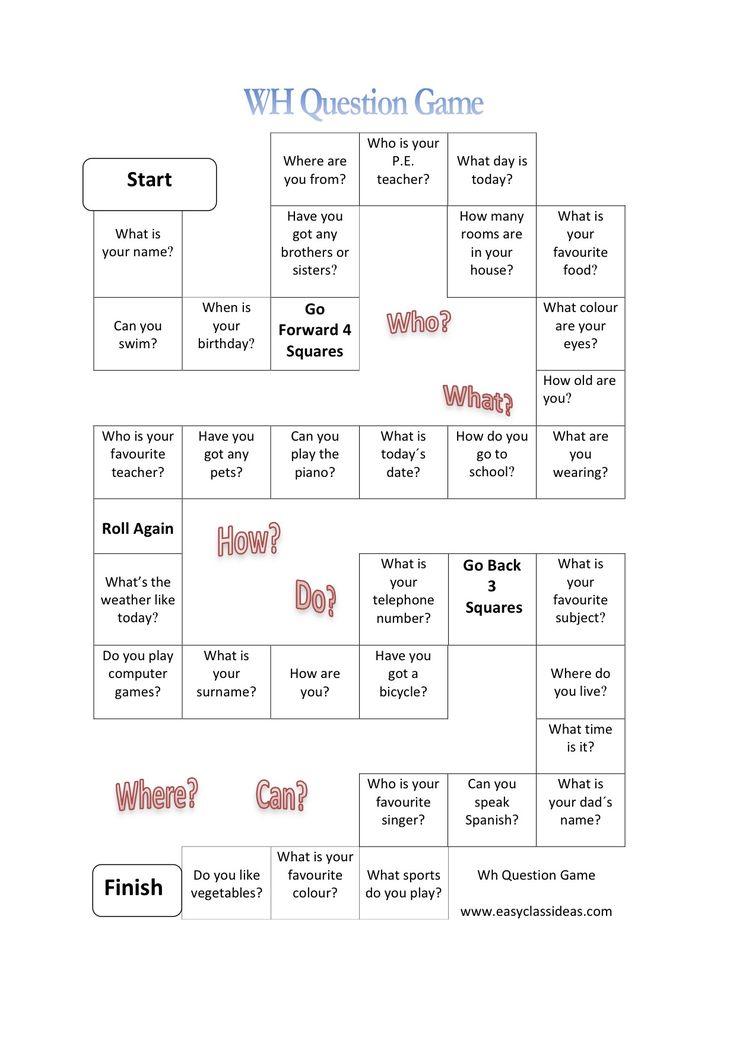
You can name the first letter in each word, and this is also not so easy for some children. But when you have already done it, then some riddles are all one letter. For example, we think of all the words with the letter "M". I say:
- It's so big, with wheels, you can ride on it.
− Machine.
− Okay, then I'll make another guess with the letter "M". It's so tasty, cold and comes in a waffle cup.
− Oh, that's ice cream!
− It's also so sweet and made by bees.
- Med.
− And now let's try to come up with something on "M".
And this is much more difficult: to come up with a word that begins with this letter, and then describe it - this is a serious job for a child.
Contact
This game is suitable if the child already knows what the first letter is and understands the definition: “this is such a beast that meows”. If he does not name the word itself, but pronounces the description, then after that it is already possible to play.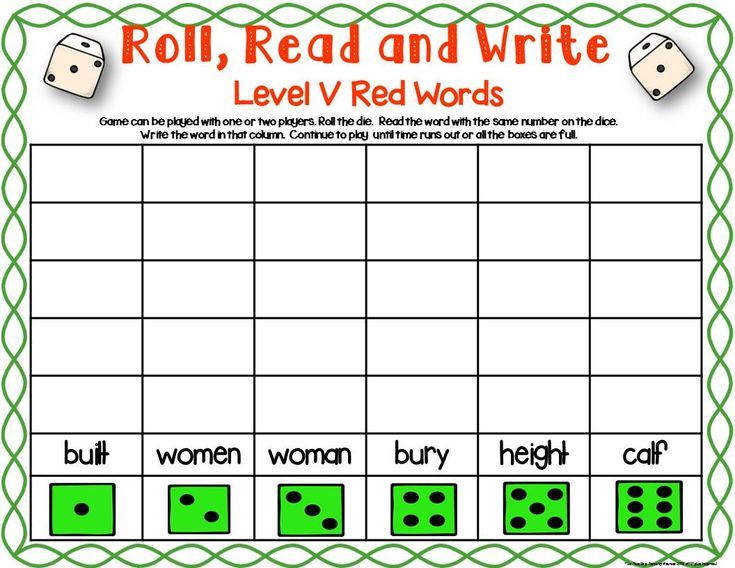 I think many people know the rules, but I'll tell you again just in case.
I think many people know the rules, but I'll tell you again just in case.
Contact - a game for several people, you need at least 3-4 participants. The host thinks of a word and tells all the other players the first letter, for example "K". The rest of the players begin to come up with their own words that begin with "K", for example, one says:
- Isn't this the kind of animal that meows?
The host says:
− No, it's not a cat (if he really didn't think of a cat).
The other one says:
− Isn't he like that, Cheburashka's friend?
Host:
− Gena. No, wait, "K". It's not a crocodile.
And so all the players are trying to come up with such a definition that they understand, but the leader does not understand. And if suddenly they succeed, for example, one of the players says:
- She is sweet and is eaten boiled.
The host says:
- Porridge.
− No, she grows in the field, she is tall and has hairs inside her.
The host says:
− Oh, I don't know.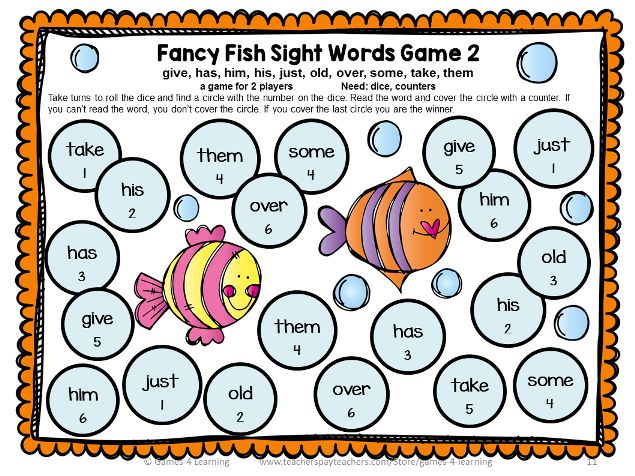
Then the rest of the players start counting: up to 3, up to 5 or up to 10, as you agree. And they say “Contact!”, And then they pronounce the guessed word in unison. If the one who gave the definition and the one who said “corn” agreed, then the driver should tell them the next letter.
− All right, then I'll tell you the second letter. The second letter is "O".
And then all the players who guessed come up with “Ko”. And then, say, they came up with some other definition that the driver did not guess, then they already have three letters. And so little by little they guess the word. And whoever guessed it in the end becomes the next driver.
This game is not as easy as it might seem - it can be difficult even for adults to play it. But if you are not in a hurry, do not try to beat the child without fail, then the game process will give everyone pleasure.
If you don't try to measure who won and who lost, then it works quite well. For example, it allows you to find out how words are spelled.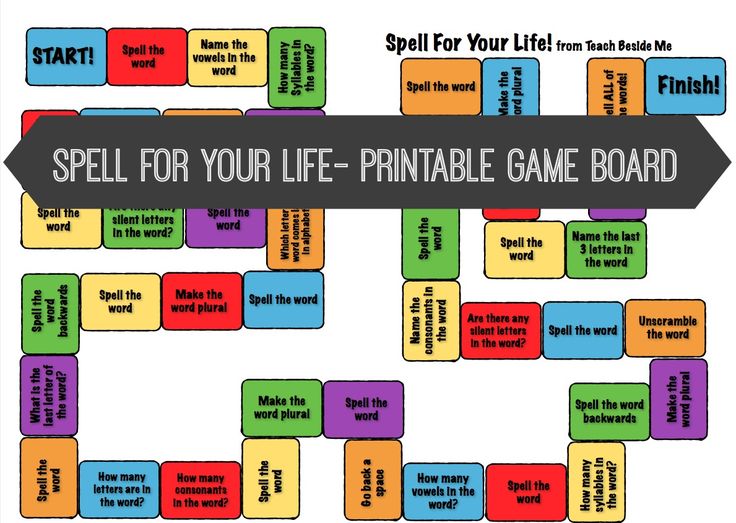 It can be very funny to play with children, they come up with non-trivial spelling and do not always understand which letter is next in the hidden word.
It can be very funny to play with children, they come up with non-trivial spelling and do not always understand which letter is next in the hidden word.
Kuzovok
There is a similar game when it is not the beginning of the word that is important for us, but the end: everything starts with “-ok” - “Kuzovok”.
“Sasha walked into the woods, took a box truck with him.
What's on "-ok", puts everything in a box.
And we tell the child that a box is such a basket
− I found a fungus and put it in a box.
You can draw and sculpt everything you find.
− What else can be put in the container?
- Leaflet (put in box).
− What else?
- Boot.
− All right, that's fine.
Chain of words
Many people play cities when they think of a city with the last letter, but cities for young children are too difficult, they do not know so many names. Therefore, you can play with ordinary words.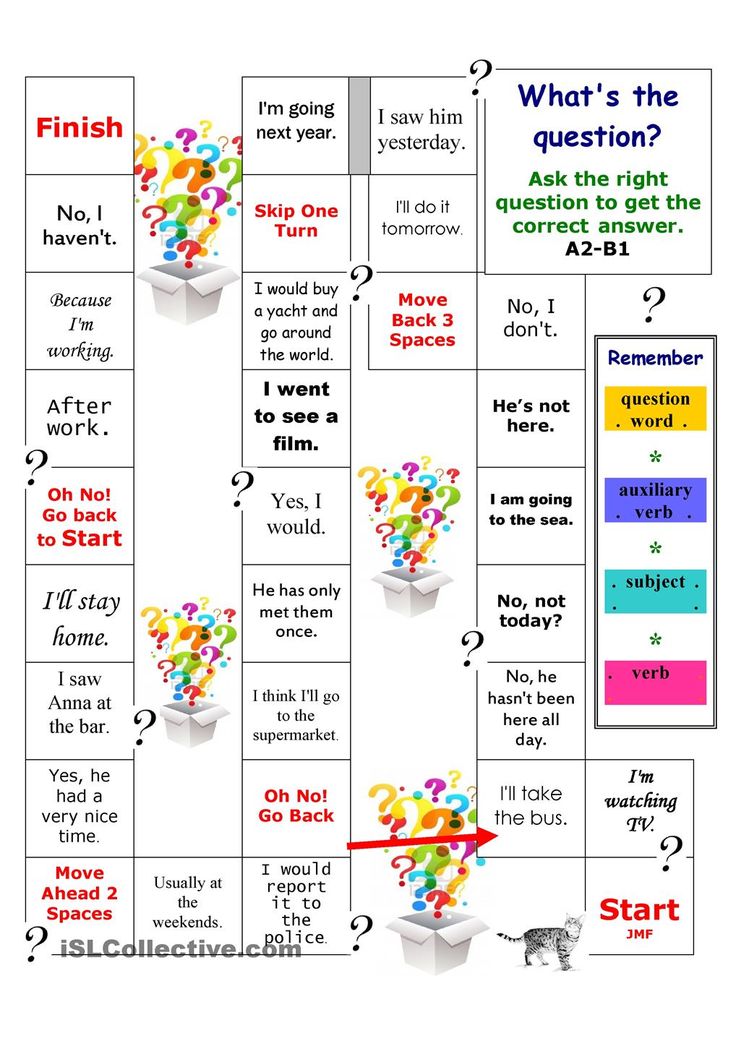 And I say, for example:
And I say, for example:
- Cat. What is its last letter? "T". So, now you need to come up with a "T". Come on.
- Tractor.
− Yeah, then I'll come up with an "R". I say "rukaV", come on, let's think about what his last letter is?
And here comes an interesting thing. The child says:
- "F"?
I say:
− You know, this can be checked. Let's think, the jacket has one sleeve, and if there are many? Two sleeves. We say "two arms" and not "two arms"
The child agrees:
− Of course, armVa.
- Great, now you know. The sleeve is the last letter "B". See, we checked it out.
It is absolutely not necessary to say that later you will learn this at school. And this is a great way to understand, to check which letter to write.
Hidden letters
I guess some letter, and then the children suggest words, and I say if this letter is there, and if so, how many times it occurs. For example, they say:
− Cat.
I answer:
− There is no such letter, none.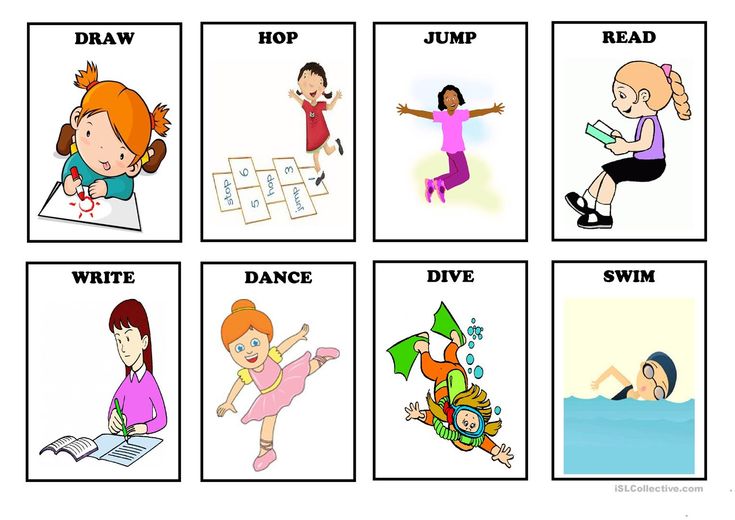
Children continue:
- Mountain.
I confirm.
- One.
They say:
- Pineapple.
Me:
None.
They say:
− Fish.
Me:
− One.
And then they can already guess what letter it could be. For example, now I thought of "R".
Or you can ask the child to think of a letter, and then it will be his turn to try to understand which letters are and which are not. And this is a pretty serious analysis.
Author: Zhenya Katz, educator, author of the method of playing teaching children
Series of online lectures "Play and Children"
Watch the free open lesson "Play and Children" with Zhenya Katz.
Word games • Arzamas
You have Javascript disabled. Please change your browser settings.
Children's room ArzamasMaterialsMaterials
Arzamas for classes with schoolchildren! A selection of materials for teachers and parents
Everything you can do in an online lesson or just for fun
Cartoons are festival winners. Part 2
Part 2
Fairy tales, parables, experiments and absurdity
Guide to Yasnaya Polyana
Leo Tolstoy's favorite bench, greenhouse, stable and other places of the writer's museum-estate that are worth seeing with children
Children's poems oberiutov 9004 , Zabolotsky and Vladimirov about cats, tigers, fishermen and boys named Petya
Migrants: how to fight for your rights with the help of music
Hip-hop, carnival, talking drums and other non-obvious ways
Old records: fairy tales of the peoples of the world
Listening and analyzing Japanese, Italian, Scandinavian and Russian fairy tales
Video: ISS commander asks a scientist about space
Lecture 0 kilometers
How to make a movie
Horror film, comedy and melodrama at home
The most unusual animation techniques
VR, cartoons of sunbeams, jelly and spices
Play the percussion instruments of the world
Learn how the gong, marimba and drum work, and gather your own orchestra
How to put on a play
Shadow theater, reading and other options for home performances for children
Solve Soviet puzzles 9002 90 1920-70s
22 cartoons for the little ones
What to watch if you are under six
From "Wild Dog Dingo" to "Timur and his team"
What you need to know about the main Soviet books for children and teenagers
A guide to children's poetry of the twentieth century
From Agnia Barto to Mikhail Yasnov: children's poems in Russian
10 books by artists
Pages from tracing paper, and Milanese binding — the border between reality and fantasy
How to choose a modern children's book
“Like Pippi, only about love”: explaining new books through old ones
Word games
Hat, telegrams, MPS and other old and new games
Games from classic books
What the heroes of the works of Nabokov, Lindgren and Milne play
Plasticine animation: Russian school
From Plasticine Crow up to plasticine "Sausage"
Cartoons - winners of the festivals
"Brave mother", "My strange grandfather", "Very lonely rooster" and others
Non-fiction for children
How the heart of a whale beats, what is inside the rocket and who plays the didgeridoo — 60 books about the world around
Foreign Popular Music Foreign Popular Music
200 artists, 20 genres and 1000 songs that will help you understand the music of 1950-2000-
Cartoons for poems
Poems of Chukovsky, Harms, Hippius and Yutsus in Russian animation
Home Games
Shadow theater, crafts and paper dolls from children's books and magazines of the 19th-20th centuries
Books for the smallest
Contemporary literature from 0 to 5: read, look at, learn
Puppet Animation: Russian School
Amorous Crow, Imp No.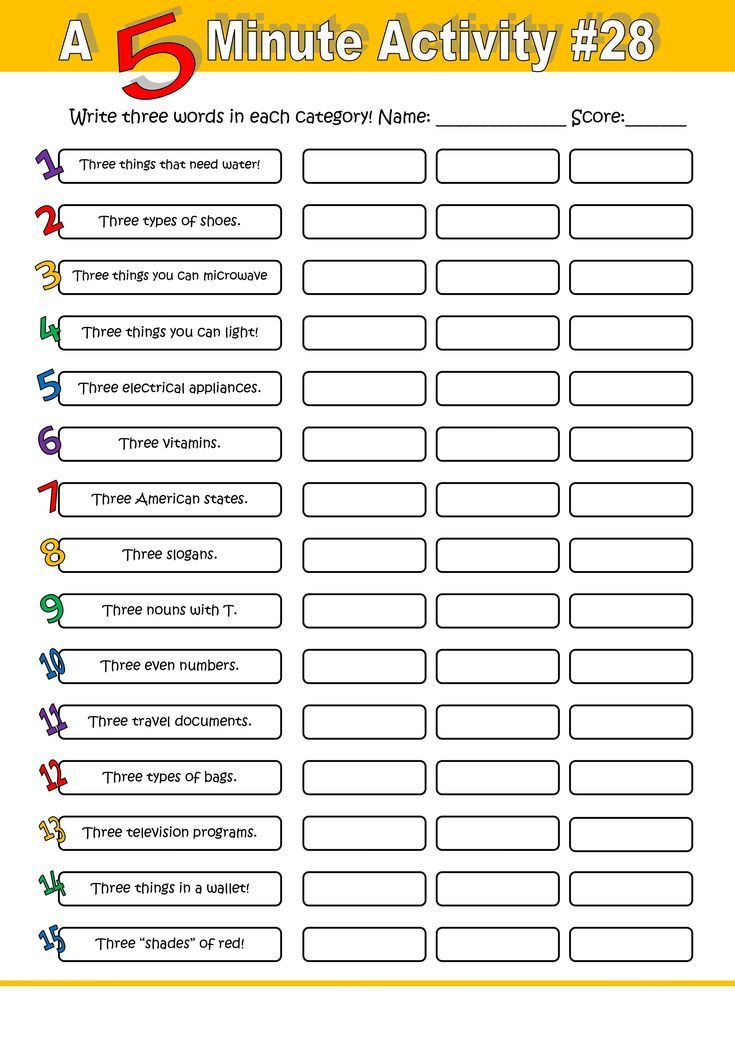 13, Lyolya and Minka and other old and new cartoons
13, Lyolya and Minka and other old and new cartoons
Smart coloring books
Museums and libraries offer to paint their collections of children's reprints
booksFavorite fairy tales, stories and magazines of the last century, which can be bought again
What can be heard in classical music
Steps on ice, the voice of a cuckoo and the sounds of the night forest in great compositions of the 18th-20th centuries
Soviet educational cartoons
Archimedes, dinosaurs, Antarctica and outer space — popular science cartoons in the USSR
Logic problems
Solve the argument of the wise men, make a bird out of a shirt and correctly count kittens
900 9020 Modern short stories for children grandmothers, cats, spies and knightsHow Russian lullabies work
We explain why a spinning top is scary and why you shouldn't lie down on the edge. Bonus: 5 lullabies by Naadya
Musical fairy tales
As Tchaikovsky, Rimsky-Korsakov and Prokofiev work with children's fairy tales
Armenian animation school
The most rebellious cartoons of the Soviet Union
Cartoon Dina
Cartoon Cartoon Cartoon Cartoon advisers to look with the child that look with the child.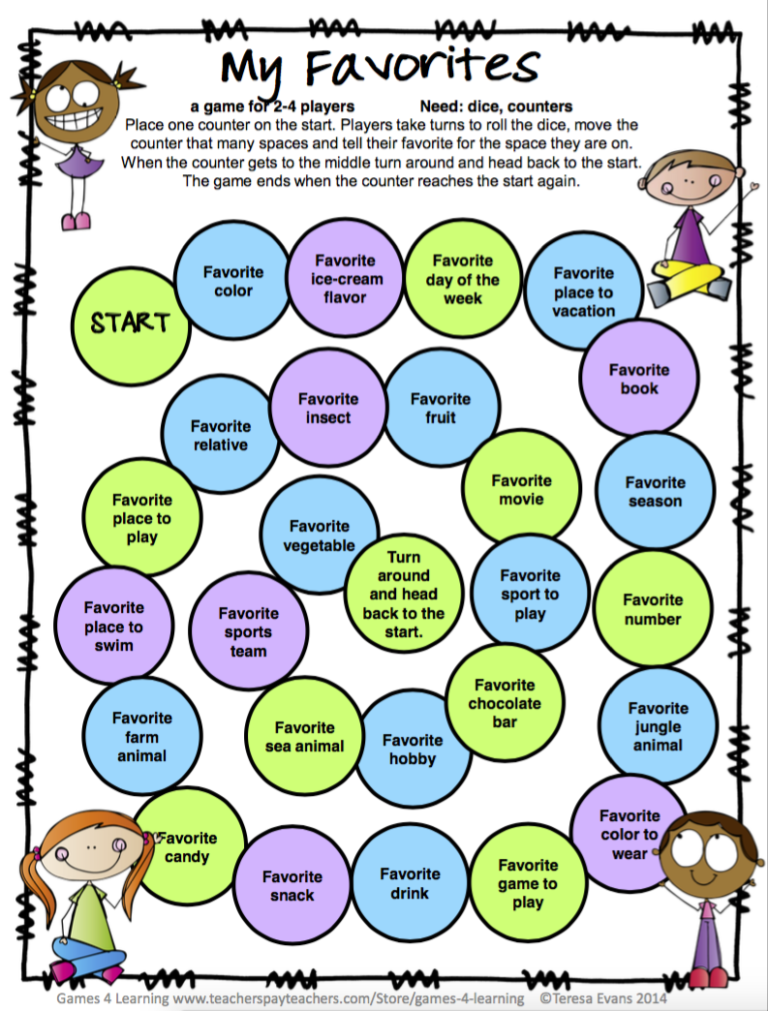
Art cartoons
How to tell children about Picasso, Pollock and Tatlin with animation
40 riddles about everything in the world
What burns without fire and who has a sieve in his nose: riddles from "Chizh", "Hedgehog" and books by Marshak and Chukovsky
Yard games
Poems that are interesting to learn by heart
What to choose if you were asked to learn a poem about mother, New Year or autumn
Old audio performances for children
Ole Lukoye, Gray Sheika, Cinderella and other interesting Soviet entries
Classical music cartoons
How animation works with the music of Tchaikovsky, Verdi and Glass
How children's rhymes work "and other games that require almost nothing but company and the desire to have a good time
Author Lev Gankin
Primer “A. B. C. Trim, alphabet enchanté. Illustrations by Bertal. France, 1861 Wikimedia CommonsOral games
Associations
Game for a big company.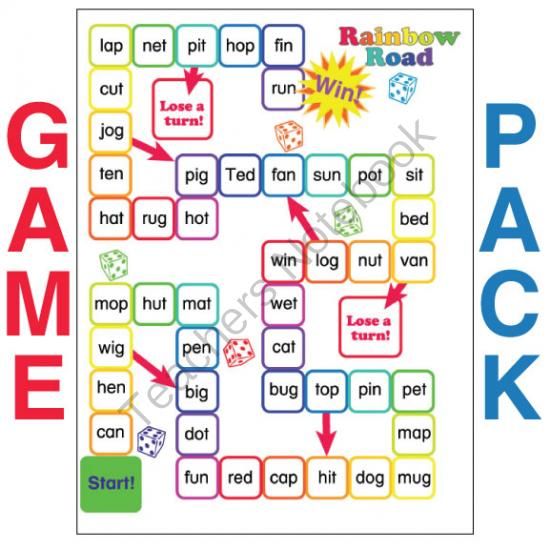 The host briefly leaves the room, during which time the rest decide which of those present they will guess (this may be the host himself). Upon returning, the player asks the others questions - what flower do you associate this person with, what vehicle, what part of the body, what kitchen utensils, etc. - in order to understand who is hidden. Questions can be very different - this is not limited by anything other than the imagination of the players. Since associations are an individual matter and an exact match may not happen here, it is customary to give the guesser two or three attempts. If the company is small, you can expand the circle of mutual acquaintances who are not present at that moment in the room, although the classic version of "associations" is still a hermetic game.
The host briefly leaves the room, during which time the rest decide which of those present they will guess (this may be the host himself). Upon returning, the player asks the others questions - what flower do you associate this person with, what vehicle, what part of the body, what kitchen utensils, etc. - in order to understand who is hidden. Questions can be very different - this is not limited by anything other than the imagination of the players. Since associations are an individual matter and an exact match may not happen here, it is customary to give the guesser two or three attempts. If the company is small, you can expand the circle of mutual acquaintances who are not present at that moment in the room, although the classic version of "associations" is still a hermetic game.
Game of P
A game for a company of four people, an interesting variation on the "hat" theme (see below), but does not require any special accessories. One player guesses a word to another, which he must explain to the others, but he can only use words starting with the letter "p" (any, except for the same root).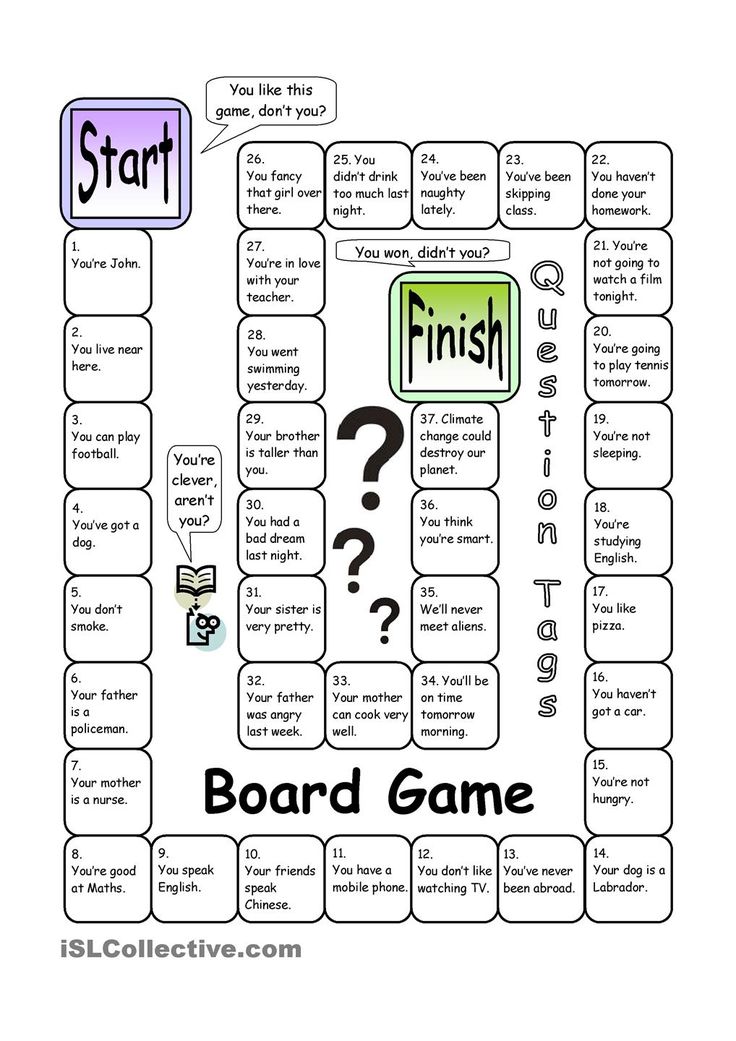 That is, the word "house" will have to be explained, for example, as follows: "I built - I live." If you couldn’t guess right away, you can throw up additional associations: “building, premises, space, the simplest concept ...” And at the end add, for example, “Perignon” - by association with Dom Perignon champagne. If the guessers are close to winning, then the facilitator will need comments like “about”, “approximately”, “almost right” - or, in the opposite situation: “bad, wait!”. Usually, after the word is guessed, the explainer comes up with a new word and whispers it into the ear of the guesser - he becomes the next leader.
That is, the word "house" will have to be explained, for example, as follows: "I built - I live." If you couldn’t guess right away, you can throw up additional associations: “building, premises, space, the simplest concept ...” And at the end add, for example, “Perignon” - by association with Dom Perignon champagne. If the guessers are close to winning, then the facilitator will need comments like “about”, “approximately”, “almost right” - or, in the opposite situation: “bad, wait!”. Usually, after the word is guessed, the explainer comes up with a new word and whispers it into the ear of the guesser - he becomes the next leader.
Lectures for children on this topic:
Course of lectures for children about the languages of the world
How many languages in the world, how do they differ and how are they similar to each other
Course of lectures for children about strange and new words of the Russian language
Why do linguists study jargon, parasitic words and speech errors
Primer "A.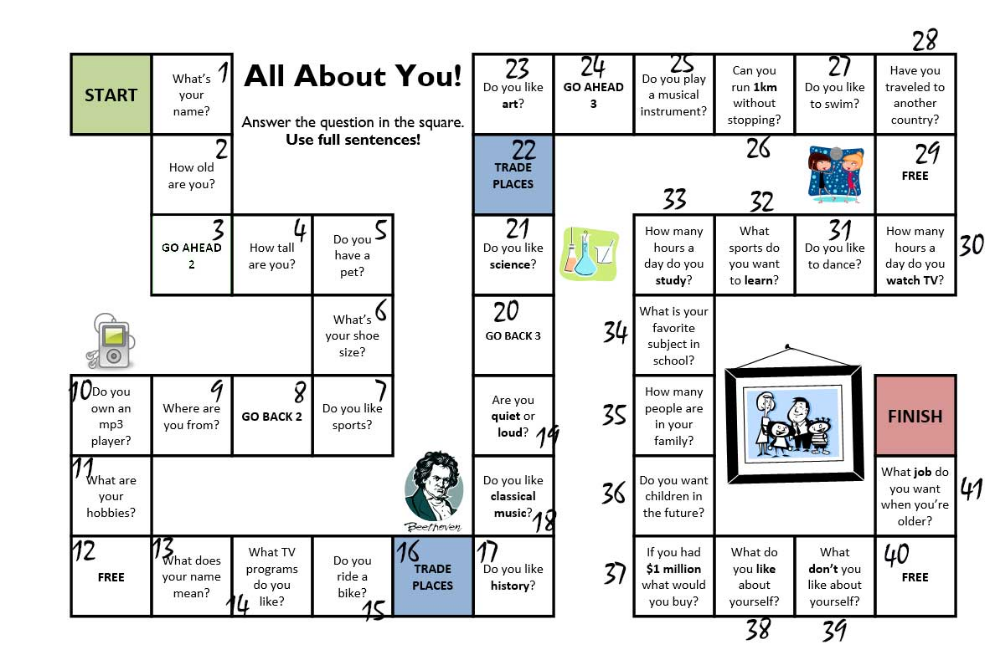 B. C. Trim, alphabet enchanté. Illustrations by Bertal. France, 1861 Wikimedia Commons
B. C. Trim, alphabet enchanté. Illustrations by Bertal. France, 1861 Wikimedia Commons Say the Same Thing
An upbeat and fast-paced game for two, named after a video clip by the inventive rock band OK Go, from which many people learned about it (the musicians even developed a mobile application that helps to play it from a distance, although it is currently unavailable). The meaning of the game is that on the count of one-two-three each of the players pronounces a randomly chosen word. Further, the goal of the players is, with the help of successive associations, to come to a common denominator: for the next time, two or three, both pronounce a word that is somehow connected with the previous two, and so on until the desired coincidence occurs. Suppose the first player said the word "house" and the second player said the word "sausage"; in theory, they can coincide very soon, if on the second move after one-two-three both say "store". But if one says “shop”, and the other says “refrigerator” (why not a sausage house?), then the game can drag on, especially since it’s impossible to repeat - neither the store nor the refrigerator will fit, and you will have to think, say, before "refrigerator" or "IKEI".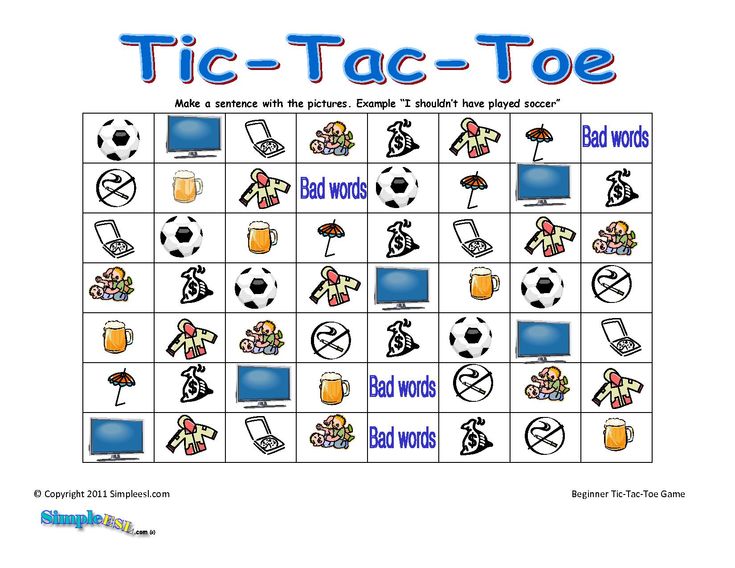 If the original words are far from each other (for example, "curb" and "weightlessness"), then the gameplay becomes completely unpredictable.
If the original words are far from each other (for example, "curb" and "weightlessness"), then the gameplay becomes completely unpredictable.
Characters
A game for the company (the ideal number of players is from four to ten), which requires from the participants not only a good imagination, but also, preferably, a little bit of acting skills. As usual, one of the players briefly leaves the room, and while he is gone, the rest come up with a word, the number of letters in which matches the number of participants remaining in the room. Next, the letters are distributed among the players, and a character is invented for each of them (therefore, words that contain "b", "s" or "b" do not fit). Until the word is guessed, the players behave in accordance with the chosen character - the leader's task is to understand exactly what characters his partners portray and restore the hidden word. Imagine, for example, that a company consists of seven people. One leaves, the rest come up with a six-letter word "old man" and distribute roles among themselves: the first, say, will be with indoor, the second - t erpel, the third - a secondary, the fourth - p asylum, the fifth - and mane and sixth - to ovary.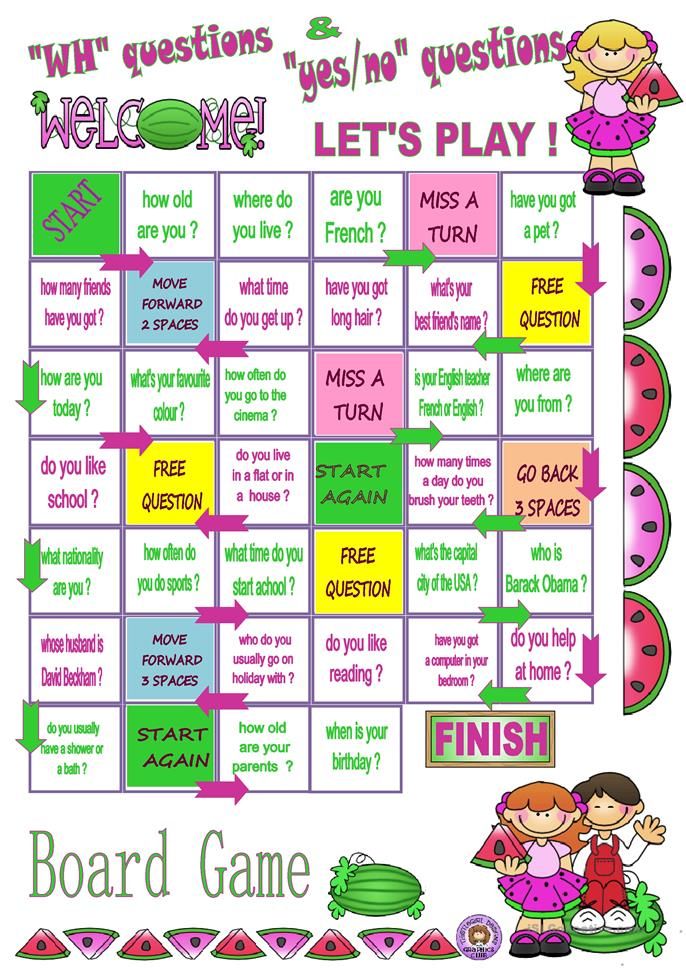 The returning player is greeted by a cacophony of voices - the company "lives" their roles until they are unraveled, and the host asks the players questions that help reveal their image. The only condition is that as soon as the presenter pronounces the correct character - for example, guesses the insidious one - he must admit that his incognito has been revealed and announce the number of his letter (in the word "old man" - the sixth).
The returning player is greeted by a cacophony of voices - the company "lives" their roles until they are unraveled, and the host asks the players questions that help reveal their image. The only condition is that as soon as the presenter pronounces the correct character - for example, guesses the insidious one - he must admit that his incognito has been revealed and announce the number of his letter (in the word "old man" - the sixth).
Recognize the song
A game for a company of four to five people. The host leaves, and the remaining players choose a well-known song and distribute its words among themselves - each word. For example, the song “Let there always be sun” is guessed: one player gets the word “let”, the second - “always”, the third - “will be”, the fourth - “sun”. The host returns and begins to ask questions - the most varied and unexpected: "What is your favorite city?", "Where does the Volga flow?", "What to do and who is to blame?".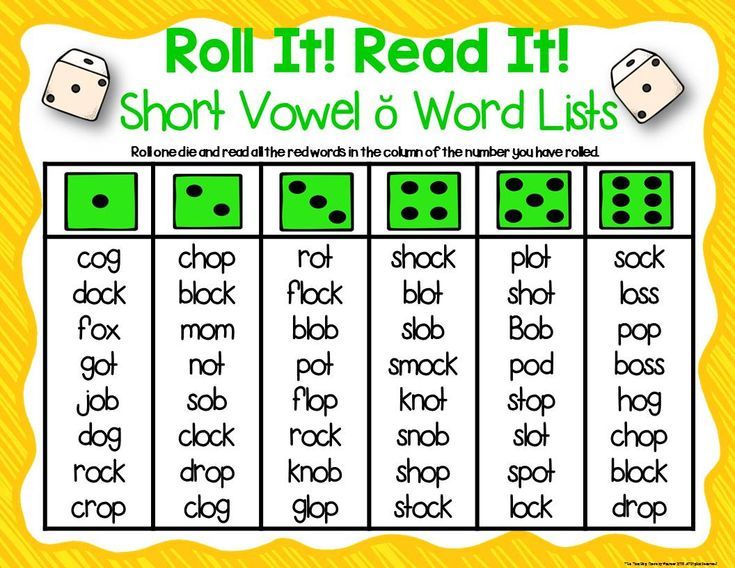 The task of the respondents is to use their own word in the answer and try to do it in such a way that it does not stand out too much; you need to answer quickly and not very extensively, but not necessarily truthfully. Answers to questions in this case can be, for example, “It’s hard for me to choose one city, but let today it will be Rio de Janeiro" or "Volga - into the Caspian, but this does not happen always , every third year it flows into the Black". The presenter must catch which word is superfluous in the answer and guess the song. They often play with lines from poetry rather than from songs.
The task of the respondents is to use their own word in the answer and try to do it in such a way that it does not stand out too much; you need to answer quickly and not very extensively, but not necessarily truthfully. Answers to questions in this case can be, for example, “It’s hard for me to choose one city, but let today it will be Rio de Janeiro" or "Volga - into the Caspian, but this does not happen always , every third year it flows into the Black". The presenter must catch which word is superfluous in the answer and guess the song. They often play with lines from poetry rather than from songs.
Tip
A game for four people divided into pairs (in principle, there can be three or four pairs). The mechanics is extremely simple: the first player from the first pair whispers a word (a common noun in the singular) into the ear of the first player from the second pair, then they must take turns calling their associations with this word (in the same form - common nouns; cognate words cannot be used ).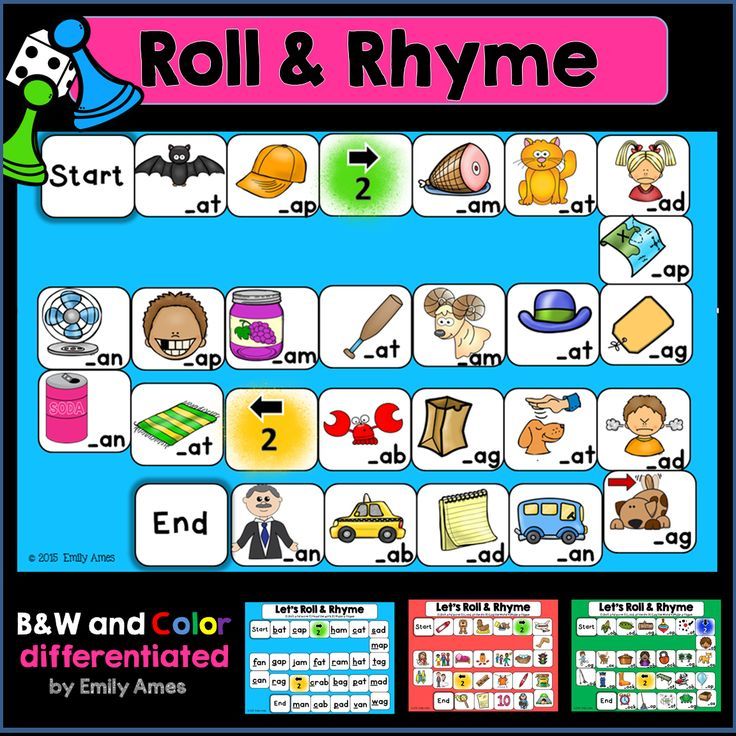 After each association, the teammate of the player who voiced it calls out his word, trying to guess if it was originally guessed - and so on, until the problem is solved by someone; at the same time, all associations already sounded in the game can be used in the future, adding one new one at each move. For example, suppose there are players A and B on one team, and C and D on the other. Player A whispers the word "old man" into player C's ear. Player C says aloud to his partner D: "age". If D immediately answers "old man", then the pair of C and D scores a point, but if he says, for example, "youth", then the move goes to player A, who, using the word "age" suggested by C (but discarding the irrelevant to the case "youth" from D), says to his partner B: "age, man." Now B will probably guess the old man - and his team with A will already earn a point. But if he says "teenager" (thinking that it is about the age when boys turn into men), then C, to whom the move suddenly returned, will say " age, man, eightieth birthday”, and here, probably, “old man” will be guessed.
After each association, the teammate of the player who voiced it calls out his word, trying to guess if it was originally guessed - and so on, until the problem is solved by someone; at the same time, all associations already sounded in the game can be used in the future, adding one new one at each move. For example, suppose there are players A and B on one team, and C and D on the other. Player A whispers the word "old man" into player C's ear. Player C says aloud to his partner D: "age". If D immediately answers "old man", then the pair of C and D scores a point, but if he says, for example, "youth", then the move goes to player A, who, using the word "age" suggested by C (but discarding the irrelevant to the case "youth" from D), says to his partner B: "age, man." Now B will probably guess the old man - and his team with A will already earn a point. But if he says "teenager" (thinking that it is about the age when boys turn into men), then C, to whom the move suddenly returned, will say " age, man, eightieth birthday”, and here, probably, “old man” will be guessed.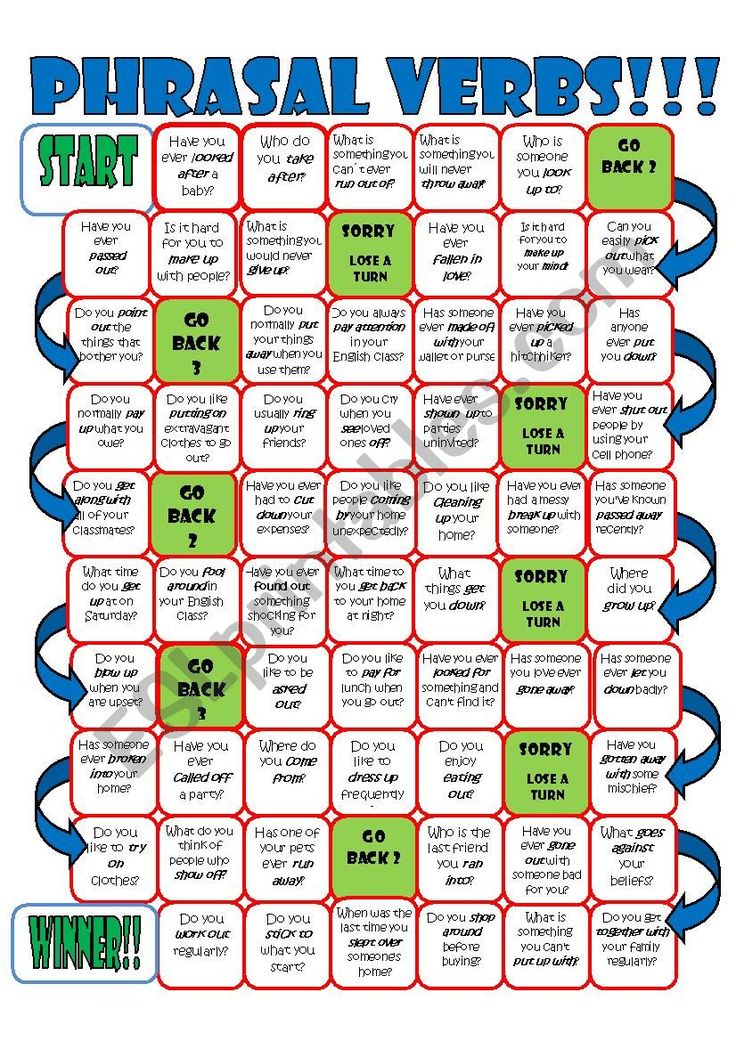 In one of the variants of the game, it is also allowed to "shout": this means that, having suddenly guessed what was meant, the player can shout out the option not on his turn. If he guessed right, his team will get a point, but if he rushed to conclusions, the team will lose a point. They usually play up to five points.
In one of the variants of the game, it is also allowed to "shout": this means that, having suddenly guessed what was meant, the player can shout out the option not on his turn. If he guessed right, his team will get a point, but if he rushed to conclusions, the team will lose a point. They usually play up to five points.
IPU
Game for a big company. Here we are forced to warn readers that, having seen this text in full, you will never be able to drive again - the game is one-time.
Spoiler →
First, the player who gets to drive leaves the room. When he returns, he must find out what MPS means - all that is known in advance is that the bearer of this mysterious abbreviation is present in the room right now. To find out the correct answer, the driver can ask other players questions, the answers to which should be formulated as “yes” or “no”: “Does he have blond hair?”, “Does he have blue eyes?”, “Is this a man?”, “He in jeans?", "Does he have a beard?"; moreover, each question is asked to a specific player, and not to all at once.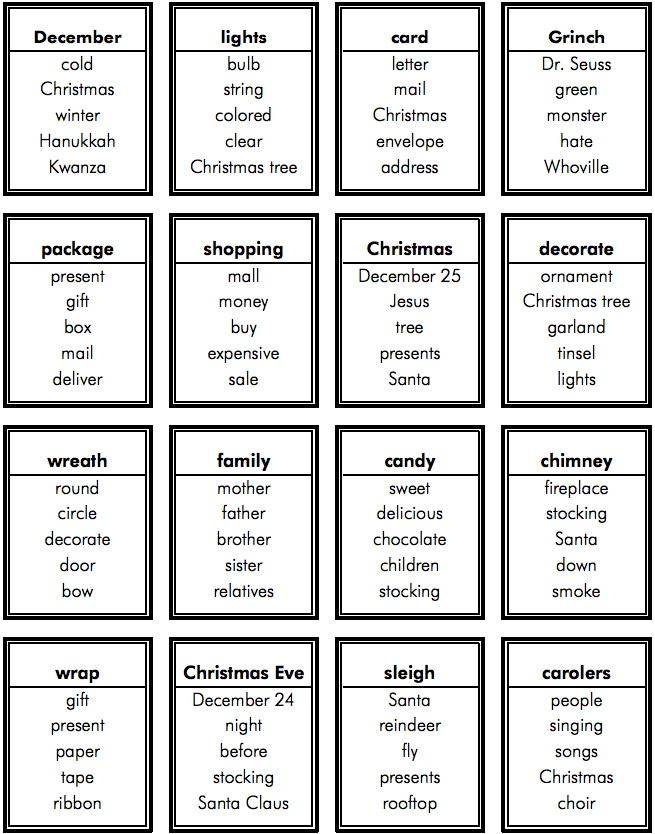 Most likely, it will quickly become clear that there is simply no person in the room who meets all the criteria; Accordingly, the question arises, according to what principle the players give answers. "Opening" this principle will help answer the main question - what is MPS. The Ministry of Railways is not the Ministry of Communications at all, but m oy p equal s seated (that is, each player always describes the person sitting to his right). Another option is COP, to then to answered to last (that is, everyone talks about who answered the previous question).
Most likely, it will quickly become clear that there is simply no person in the room who meets all the criteria; Accordingly, the question arises, according to what principle the players give answers. "Opening" this principle will help answer the main question - what is MPS. The Ministry of Railways is not the Ministry of Communications at all, but m oy p equal s seated (that is, each player always describes the person sitting to his right). Another option is COP, to then to answered to last (that is, everyone talks about who answered the previous question).
Contact
A simple game that can be played with a group of three or more people. One thinks of a word (noun, common noun, singular) and calls its first letter aloud, the task of the others is to guess the word, remembering other words with this letter, asking questions about them and checking if the presenter guessed.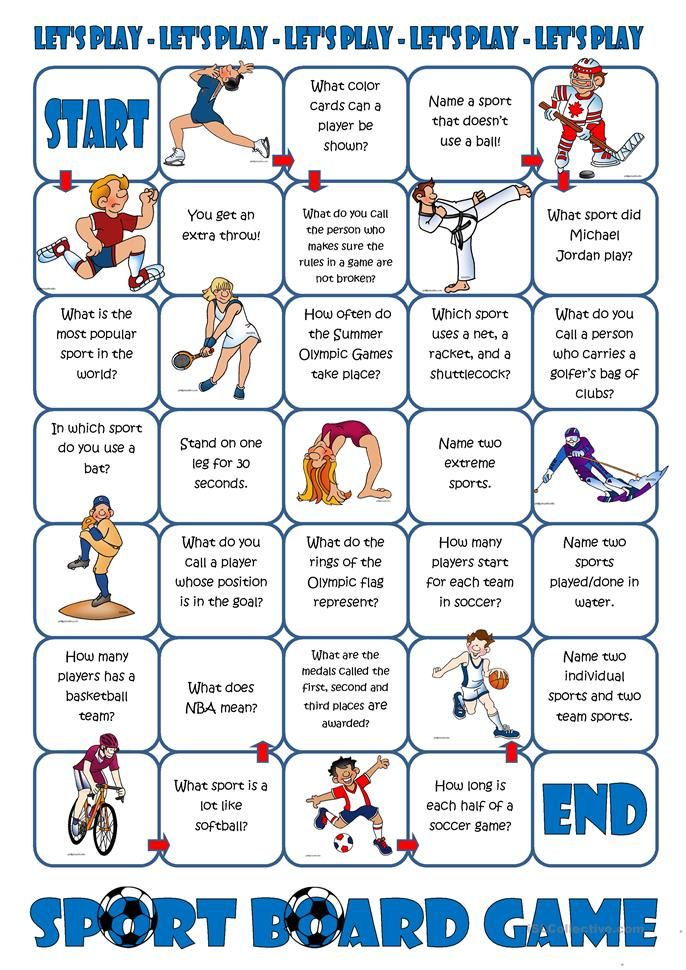 The facilitator's task is not to reveal the next letters in the word to the players for as long as possible. For example, a word with the letter "d" is guessed. One of the players asks the question: “Is this by chance not the place where we live?” This is where the fun begins: the host must figure out as quickly as possible what the player means and say “No, this is not“ house ”” (well, or, if it was a“ house ”, honestly admit it). But in parallel, other players also think the same thing, and if they understand what “house” means before the leader, then they say: “contact” or “there is contact”, and start counting up to ten in chorus (while the count is going on, the presenter still has a chance to escape and guess what it is about!), and then they call the word. If at least two matched, that is, at the expense of ten they said “house” in chorus, the presenter must reveal the next letter, and the new guesser version will already begin with the now known letters “d” + the next one. If it was not possible to beat the host on this question, then the guessers offer a new option.
The facilitator's task is not to reveal the next letters in the word to the players for as long as possible. For example, a word with the letter "d" is guessed. One of the players asks the question: “Is this by chance not the place where we live?” This is where the fun begins: the host must figure out as quickly as possible what the player means and say “No, this is not“ house ”” (well, or, if it was a“ house ”, honestly admit it). But in parallel, other players also think the same thing, and if they understand what “house” means before the leader, then they say: “contact” or “there is contact”, and start counting up to ten in chorus (while the count is going on, the presenter still has a chance to escape and guess what it is about!), and then they call the word. If at least two matched, that is, at the expense of ten they said “house” in chorus, the presenter must reveal the next letter, and the new guesser version will already begin with the now known letters “d” + the next one. If it was not possible to beat the host on this question, then the guessers offer a new option. Of course, it makes sense to complicate the definitions, and not ask everything directly - so the question about "home" would sound better like "Is this not where the sun rises?" (with a reference to the famous song "House of the Rising Sun" by The Animals). Usually, the one who eventually gets to the searched word (names it or asks a question leading to victory) becomes the next leader.
Of course, it makes sense to complicate the definitions, and not ask everything directly - so the question about "home" would sound better like "Is this not where the sun rises?" (with a reference to the famous song "House of the Rising Sun" by The Animals). Usually, the one who eventually gets to the searched word (names it or asks a question leading to victory) becomes the next leader.
Writing games
Encyclopedia
Not the fastest, but extremely exciting game for a company of four people - you will need pens, paper and some kind of encyclopedic dictionary (preferably not limited thematically - that is, TSB is better than a conditional "biological encyclopedia"). The host finds a word in the encyclopedia that is unknown to anyone present (here it remains to rely on their honesty - but cheating in this game is uninteresting and unproductive).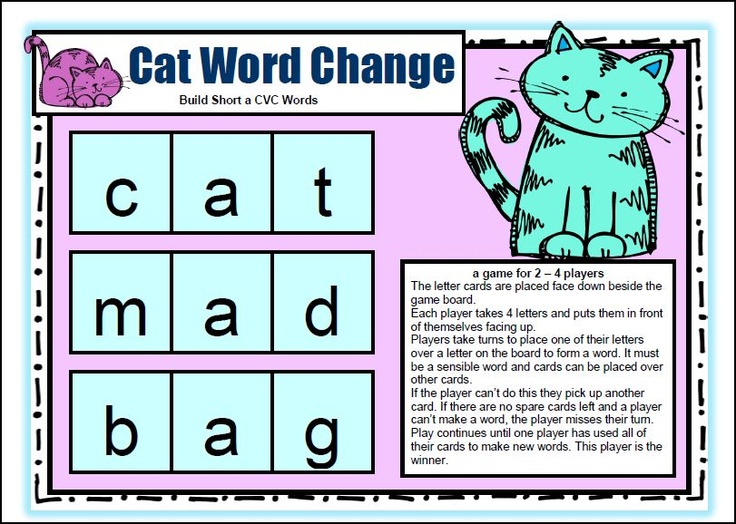 The task of each of the players is to write an encyclopedic definition of this word, inventing its meaning from the head and, if possible, disguising the text as a real small encyclopedic article. The presenter, meanwhile, carefully rewrites the real definition from the encyclopedia. After that, the “articles” are shuffled and read out by the presenter in random order, including the real one, and the players vote for which option seems most convincing to them. In the end, the votes are counted and points are distributed. Any player receives a point for correctly guessing the real definition and one more point for each vote given by other participants to his own version. After that, the sheets are distributed back and a new word is played out - there should be about 6-10 of them in total. You can also play this game in teams: come up with imaginary definitions collectively. The game "poems" is arranged in a similar way - but instead of a compound word, the host selects two lines from some little-known poem in advance and invites the participants to add quatrains.
The task of each of the players is to write an encyclopedic definition of this word, inventing its meaning from the head and, if possible, disguising the text as a real small encyclopedic article. The presenter, meanwhile, carefully rewrites the real definition from the encyclopedia. After that, the “articles” are shuffled and read out by the presenter in random order, including the real one, and the players vote for which option seems most convincing to them. In the end, the votes are counted and points are distributed. Any player receives a point for correctly guessing the real definition and one more point for each vote given by other participants to his own version. After that, the sheets are distributed back and a new word is played out - there should be about 6-10 of them in total. You can also play this game in teams: come up with imaginary definitions collectively. The game "poems" is arranged in a similar way - but instead of a compound word, the host selects two lines from some little-known poem in advance and invites the participants to add quatrains.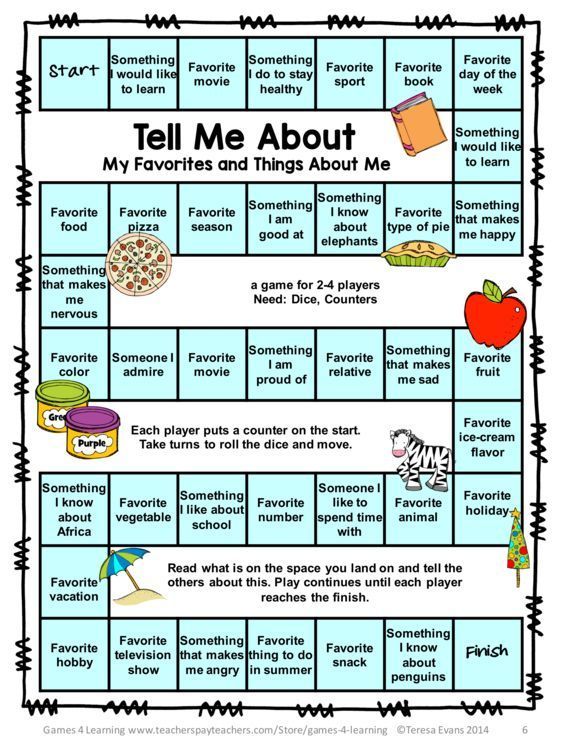
Game from Inglourious Basterds
A game for a company of any size that many knew before the Quentin Tarantino film, but it does not have a single name. Each player invents a role for his neighbor (usually it is some famous person), writes it on a piece of paper and sticks the piece of paper on his neighbor's forehead: accordingly, everyone sees what role someone has, but does not know who they are. The task of the participants is, with the help of leading questions, the answers to which are formulated as “yes” or “no” (“Am I a historical figure?”, “Am I a cultural figure?”, “Am I a famous athlete?”), to find out who exactly they are. In this form, however, the game exhausts itself rather quickly, so you can come up with completely different themes and instead of famous people play, for example, in professions (including exotic ones - "carousel", "taxidermist"), in film and literary heroes (you can mix them with real celebrities, but it’s better to agree on this in advance), food (one player will be risotto, and the other, say, green cabbage soup) and even just items.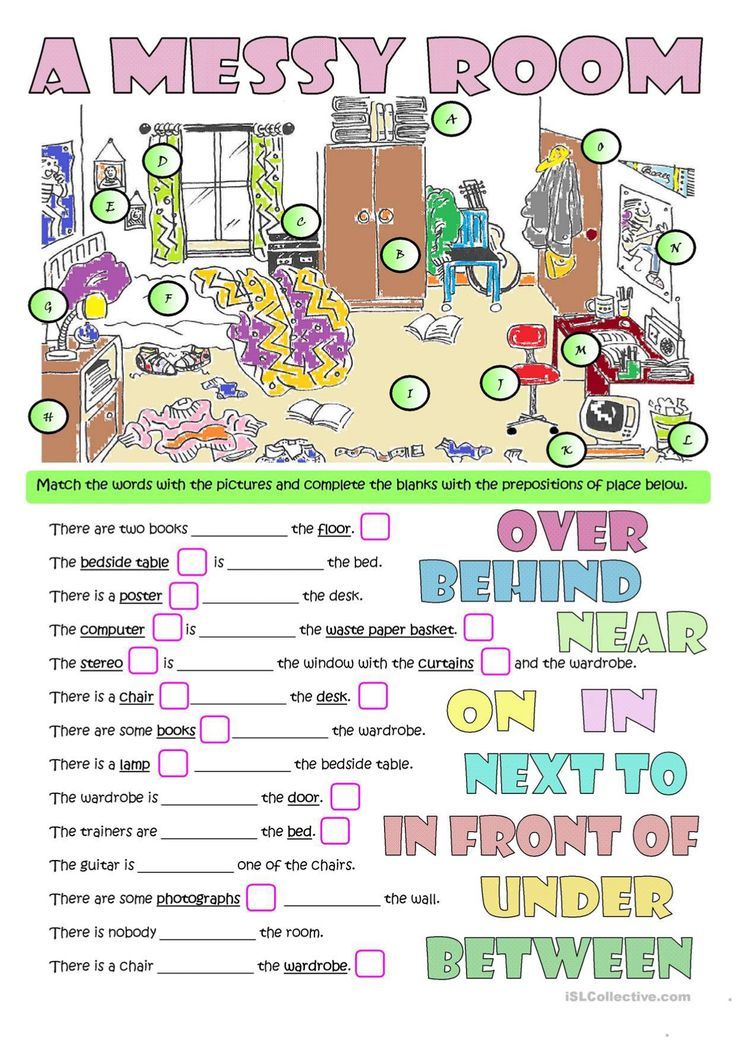
Bulls and cows
A game for two: one participant thinks of a word, and it is agreed in advance how many letters should be in it (usually 4-5). The task of the second is to guess this word by naming other four- or five-letter words; if some letters of the named word are in the hidden one, they are called cows, and if they have the same place inside the word, then these are bulls. Let's imagine that the word "eccentric" is conceived. If the guesser says “dot”, then he receives an answer from the second player: “three cows” (that is, the letters “h”, “k” and “a”, which are in both “eccentric” and “dot”, but in different places). If he then says "head of head", he will no longer get three cows, but two cows and one bull - since the letter "a" in both "eccentric" and "head" is in the fourth position. As a result, sooner or later, it is possible to guess the word, and the players can change places: now the first one will guess the word and count the bulls and cows, and the second one will name his options and track the extent to which they coincide with the one guessed.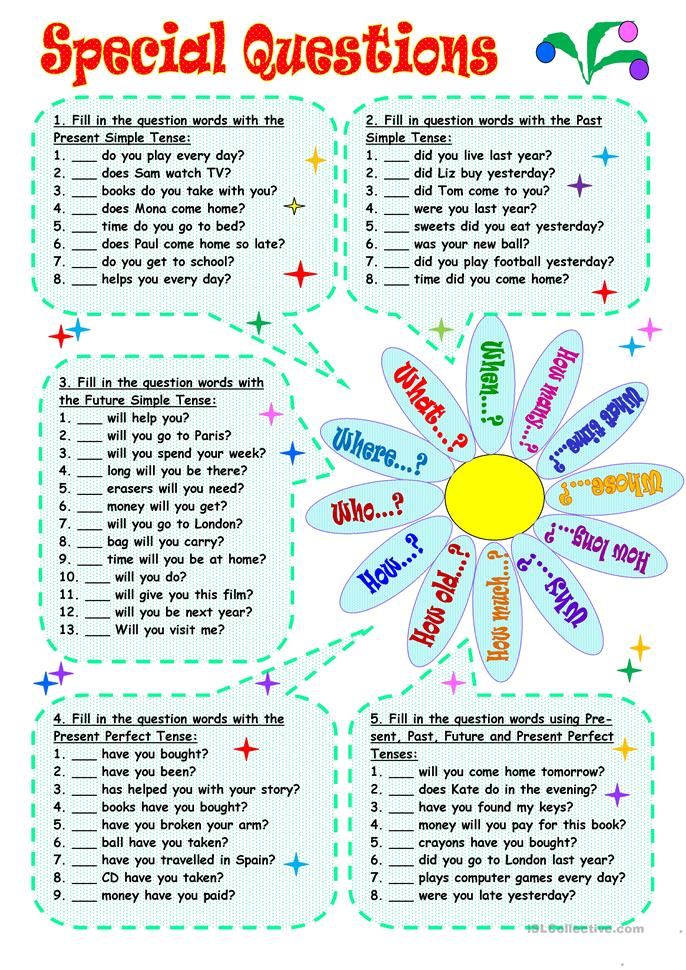 You can also complicate the process by simultaneously guessing your own word and guessing the opponent's word.
You can also complicate the process by simultaneously guessing your own word and guessing the opponent's word.
Intellect
Writing game for the company (but you can also play together), consisting of three rounds, each for five minutes. In the first, players randomly type thirteen letters (for example, blindly poking a book page with their finger) and then form words from them, and only long ones - from five letters. In the second round, you need to choose a syllable and remember as many words as possible that begin with it, you can use single-root ones (for example, if the syllable "house" is selected, then the words "house", "domra", "domain", "domain", "brownie", "housewife", etc.). Finally, in the third round, the syllable is taken again, but now you need to remember not ordinary words, but the names of famous people of the past and present in which it appears, and not necessarily at the beginning - that is, both Karamzin and McCartney will fit the syllable "kar" , and, for example, Hamilcar.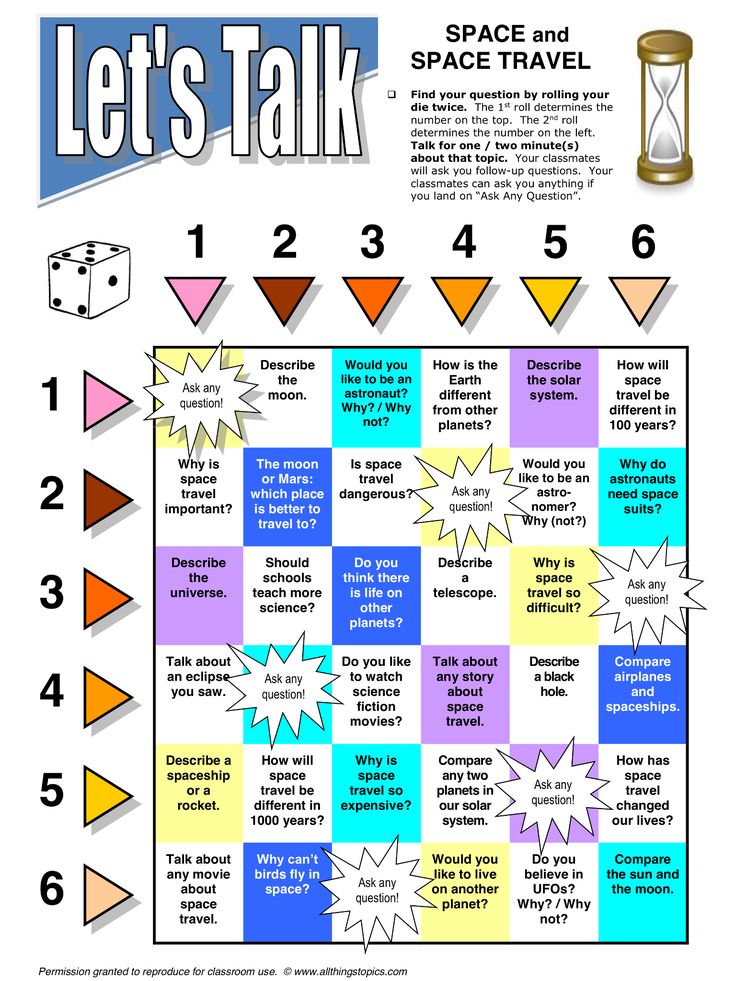 An important detail: since this round provokes the most disputes and scams, game participants can ask each other to prove that this person is really a celebrity, and here you need to remember at least the profession and country. Typical dialogue: "What, you don't know Hamilcar? But this is a Carthaginian commander!” After each round, points are counted: if a particular word is the same for all players, it is simply crossed out, in other cases, players are awarded as many points for it as the opponents could not remember it. In the first round, you can still add points for especially long words. Based on the results of the rounds, it is necessary to determine who took the first, second, third and other places, and add up these places at the end of the game. The goal is to get the smallest number at the output (for example, if you were the winners of all three rounds, then you will get the number 3 - 1 + 1 + 1, and you are the champion; less cannot be purely mathematical).
An important detail: since this round provokes the most disputes and scams, game participants can ask each other to prove that this person is really a celebrity, and here you need to remember at least the profession and country. Typical dialogue: "What, you don't know Hamilcar? But this is a Carthaginian commander!” After each round, points are counted: if a particular word is the same for all players, it is simply crossed out, in other cases, players are awarded as many points for it as the opponents could not remember it. In the first round, you can still add points for especially long words. Based on the results of the rounds, it is necessary to determine who took the first, second, third and other places, and add up these places at the end of the game. The goal is to get the smallest number at the output (for example, if you were the winners of all three rounds, then you will get the number 3 - 1 + 1 + 1, and you are the champion; less cannot be purely mathematical).
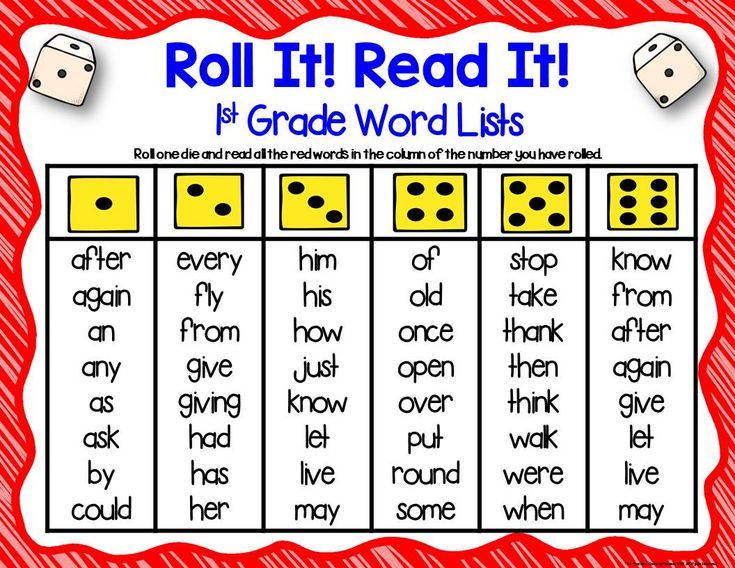 B. C. Trim, alphabet enchanté. Illustrations by Bertal. France, 1861 Wikimedia Commons
B. C. Trim, alphabet enchanté. Illustrations by Bertal. France, 1861 Wikimedia Commons Frame
A game for any number of people, which was invented by one of the creators of the Kaissa chess program and the author of the anagram search program Alexander Bitman. First, the players choose several consonants - this will be the frame, the skeleton of the word. Then the time is recorded (two or three minutes), and the players begin to “stretch” vowels (as well as “й”, “ь”, “ъ”) onto the frame to make existing words. Consonants can be used in any order, but only once, and vowels can be added in any number. For example, players choose the letters "t", "m", "n" - then the words "fog", "cloak", "mantle", "coin", "darkness", "ataman", "dumbness" and other. The winner is the one who can come up with more words (as usual, these should be common nouns in the singular). The game can be played even with one letter, for example, "l". The words “silt”, “lay”, “yula”, “aloe”, “spruce” are formed around it, and if we agree that the letter can be doubled, “alley” and “lily”.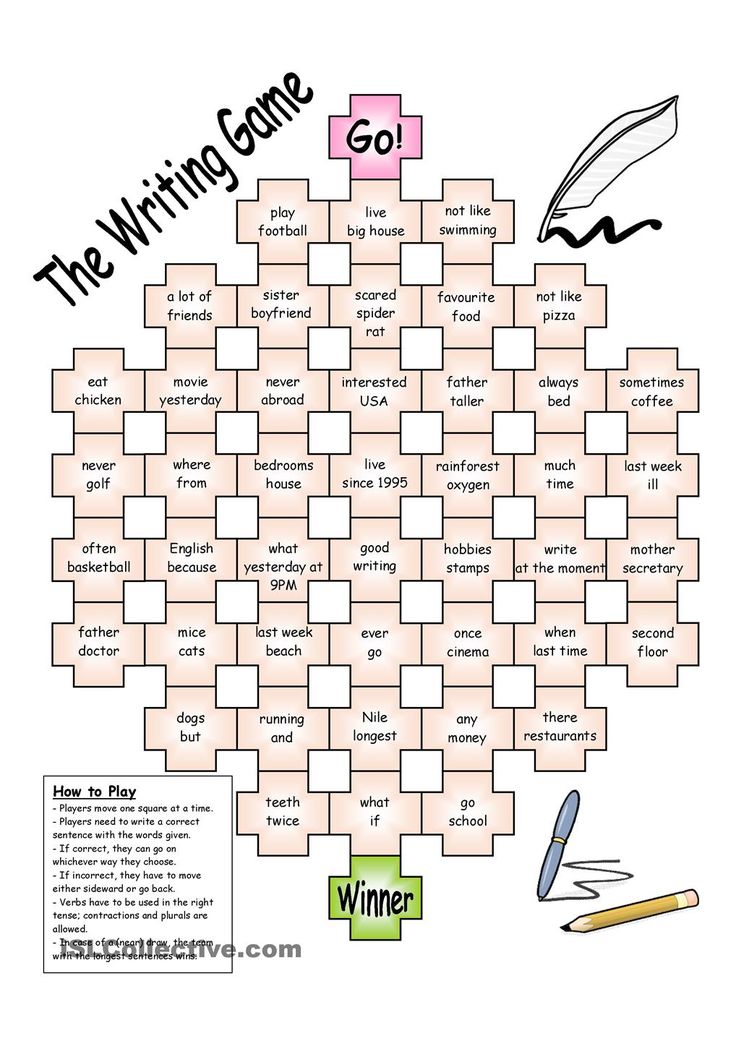 If the standard "framework" is mastered, then the task may be to compose a whole phrase with one consonant: a textbook example from the book by Evgeny Gik - "Bobby, kill the boy and beat the woman at the baobab."
If the standard "framework" is mastered, then the task may be to compose a whole phrase with one consonant: a textbook example from the book by Evgeny Gik - "Bobby, kill the boy and beat the woman at the baobab."
Chain of words
Game for any number of players. Many people know it under the name "How to make an elephant out of a fly", and it was invented by the writer and mathematician Lewis Carroll, the author of "Alice". The “chain” is based on metagram words, that is, words that differ by only one letter. The task of the players is to turn one word into another with the least number of intermediate links. For example, let's make a "goat" from a "fox": FOX - LINDE - PAW - KAPA - KARA - KORA - GOAT. It is interesting to give tasks with a plot: so that the “day” turns into “night”, the “river” becomes the “sea”. The well-known chain, where the "elephant" grows out of the "fly", is obtained in 16 moves: FLY - MURA - TURA - TARA - KARA - KARE - CAFE - KAFR - MURDER - KAYUK - HOOK - URIK - LESSON - TERM - DRAIN - STON - ELEPHANT (example of Evgeny Gik). For training, you can compete in the search for metagrams for any word. For example, the word "tone" gives "sleep", "background", "current", "tom", "tan" and so on - whoever scores more options wins.
For training, you can compete in the search for metagrams for any word. For example, the word "tone" gives "sleep", "background", "current", "tom", "tan" and so on - whoever scores more options wins.
Hat
A game for a company of four people, requiring simple equipment: pens, paper and a “hat” (an ordinary plastic bag will do). Sheets of paper need to be torn into small pieces and distributed to the players, the number of pieces depends on how many people are playing: the larger the company, the less for each. Players write words on pieces of paper (one for each piece of paper) and throw them into the "hat". There are also options here - you can play just with words (noun, common noun, singular), or you can play with famous people or literary characters. Then the participants are divided into teams - two or more people each; the task of each - in 20 seconds (or 30, or a minute - the timing can be set at your own choice) to explain to your teammates the largest number of words arbitrarily pulled out of the "hat", without using the same root.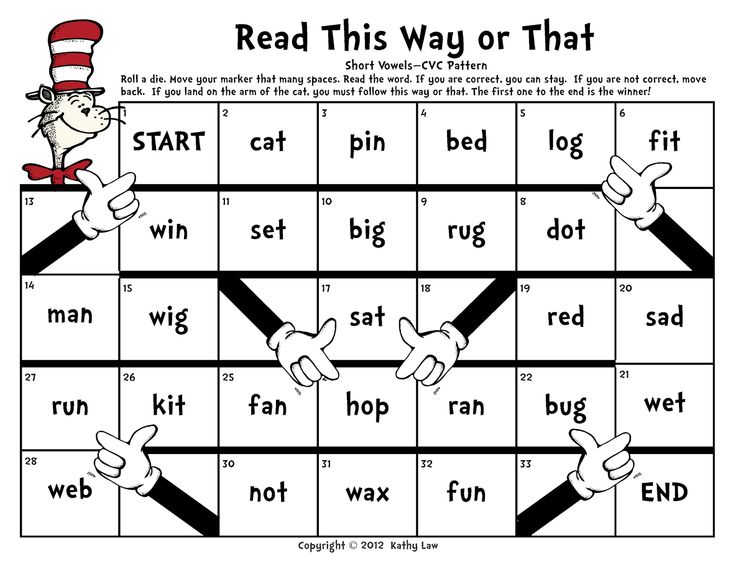 If the driver could not explain a word, it returns to the hat and will be played by the other team. At the end of the game, the words guessed by different representatives of the same team are summed up, their number is counted, and the team that has more pieces of paper is awarded the victory. A popular version of the game: everything is the same, but in the first round the players explain the words (or describe the characters) orally, in the second round they show in pantomime, in the third round they explain the same words in one word. And recently a board game has appeared, where you need not only to explain and show, but also to draw.
If the driver could not explain a word, it returns to the hat and will be played by the other team. At the end of the game, the words guessed by different representatives of the same team are summed up, their number is counted, and the team that has more pieces of paper is awarded the victory. A popular version of the game: everything is the same, but in the first round the players explain the words (or describe the characters) orally, in the second round they show in pantomime, in the third round they explain the same words in one word. And recently a board game has appeared, where you need not only to explain and show, but also to draw.
Telegrams
Game for any number of players. The players choose a word, for each letter of which they will need to come up with a part of the telegram - the first letter will be the beginning of the first word, the second - the second, and so on. For example, the word "fork" is selected. Then the following message can become a telegram: “The camel is healed.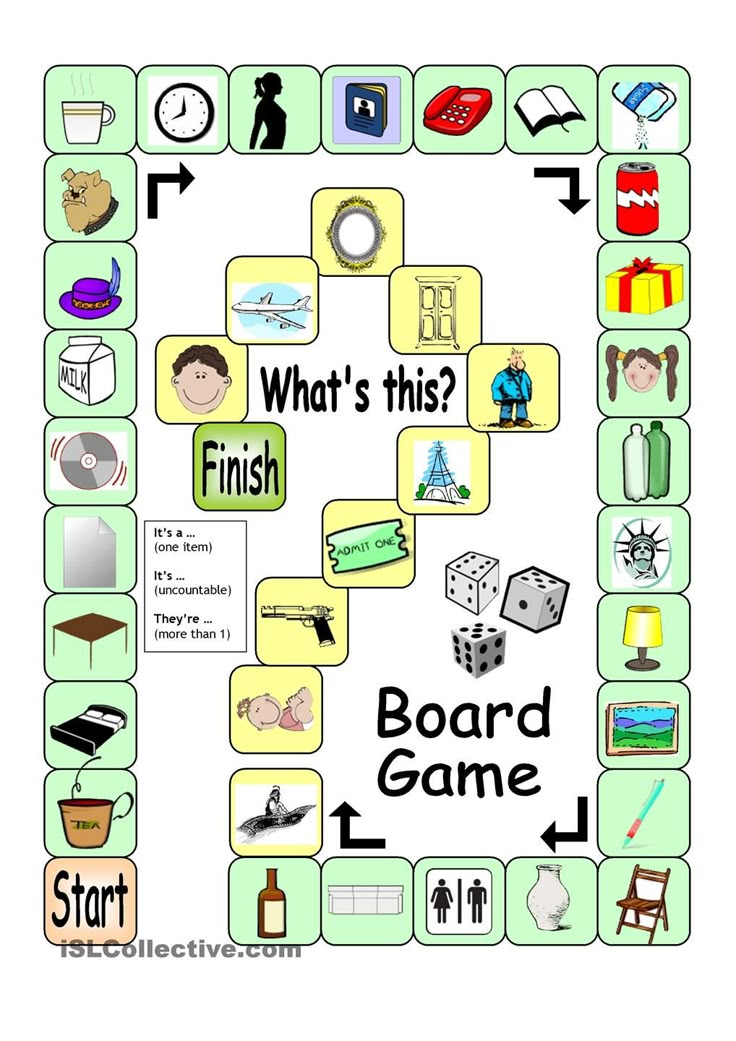 I'm flying a crocodile. Aibolit". Another round of the game is the addition of genres. Each player gets the task to write not one, but several telegrams from the same word - business, congratulatory, romantic (the types of messages are agreed in advance). Telegrams are read aloud, the next word is chosen.
I'm flying a crocodile. Aibolit". Another round of the game is the addition of genres. Each player gets the task to write not one, but several telegrams from the same word - business, congratulatory, romantic (the types of messages are agreed in advance). Telegrams are read aloud, the next word is chosen.
even more different games for one or a company
Home games
Shadow theater, crafts and paper dolls from children's books and magazines of the XIX-XX centuries Ring and other games
Games from classic books
What do the heroes of the works of Nabokov, Lindgren and Milne play
A children's course on where games, jokes, horror stories and memes come from and why we need them
Children's room
Special project
Children's room Arzamas
Sources

